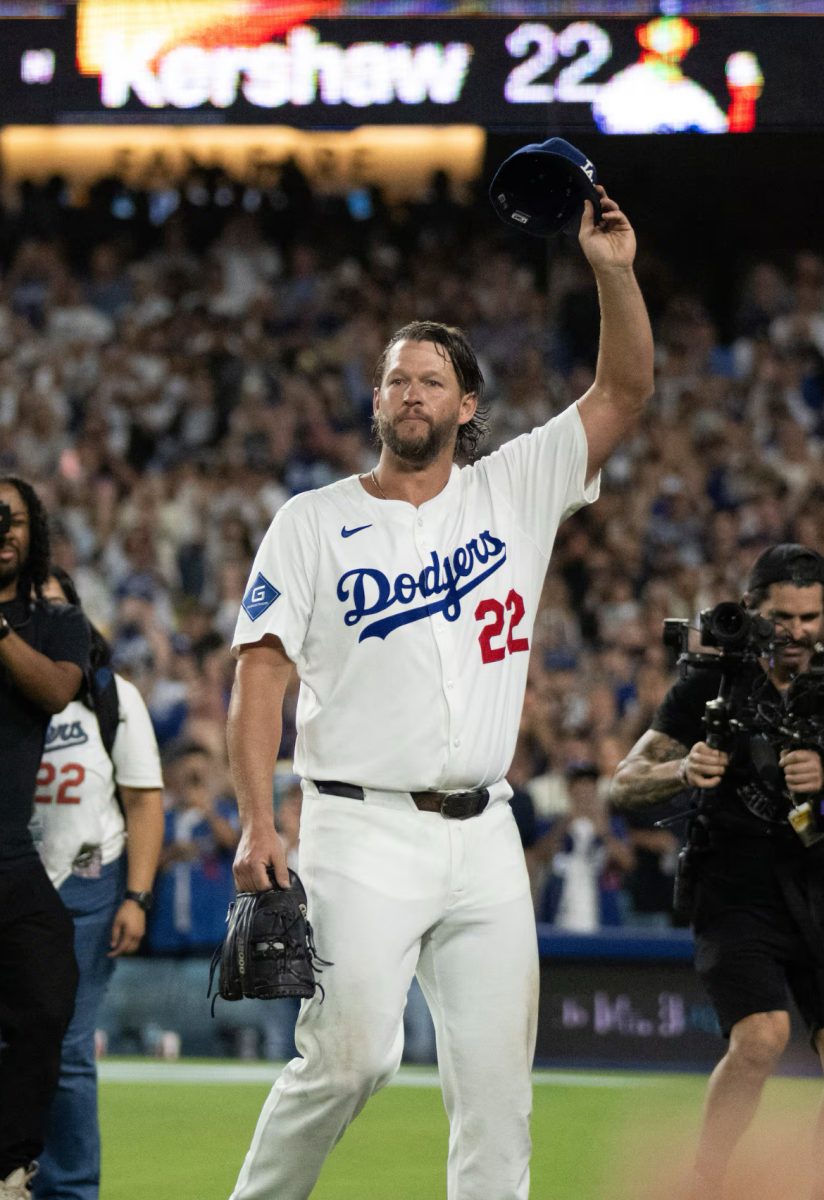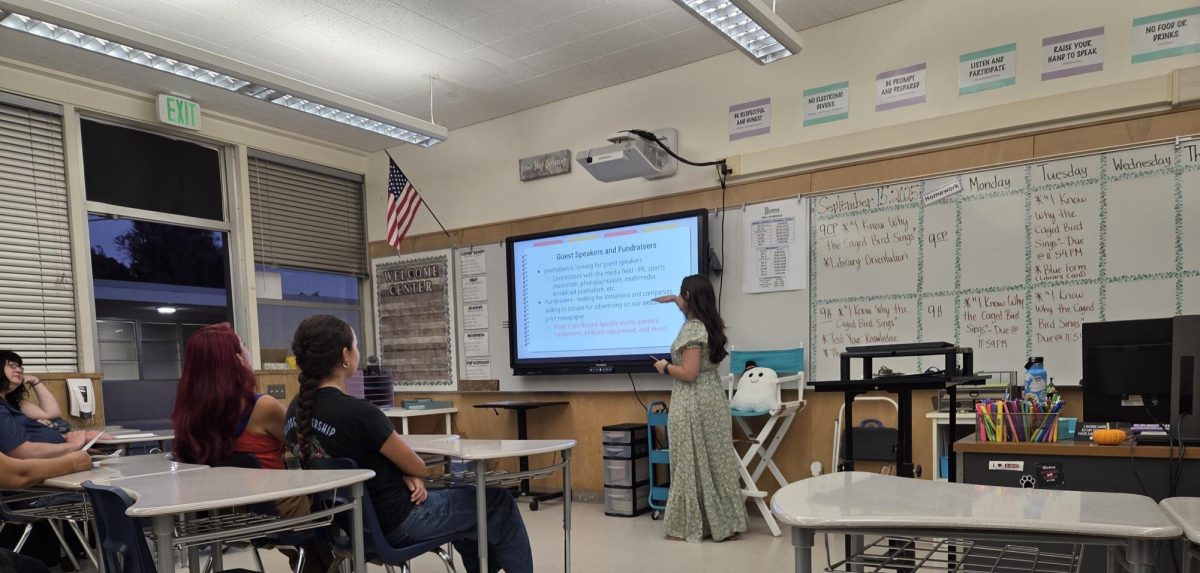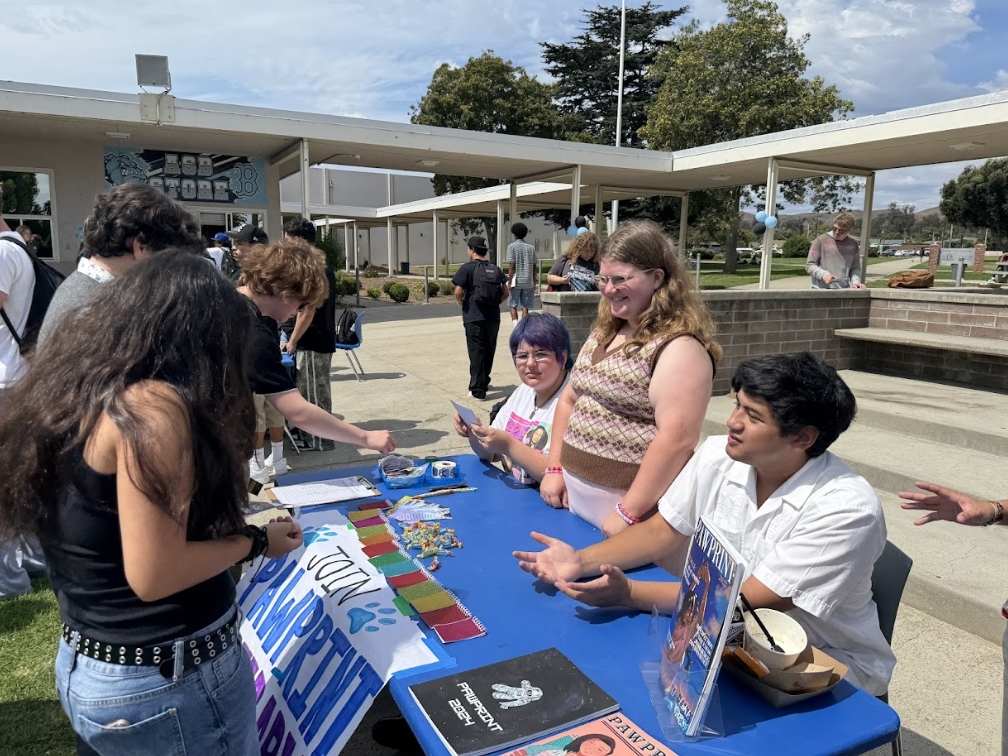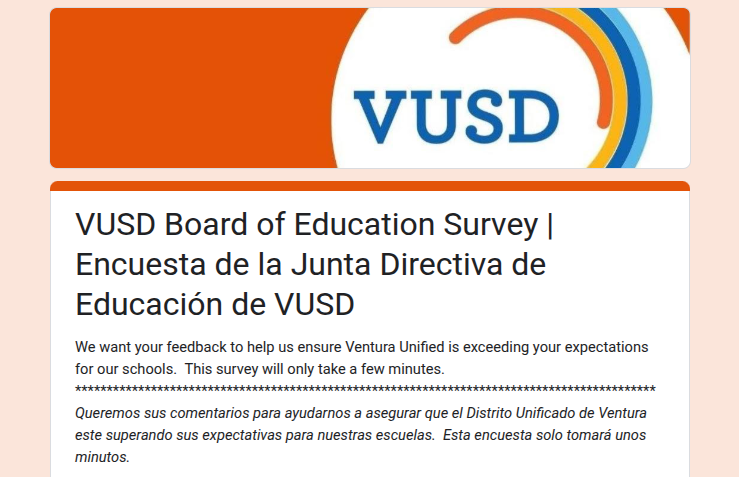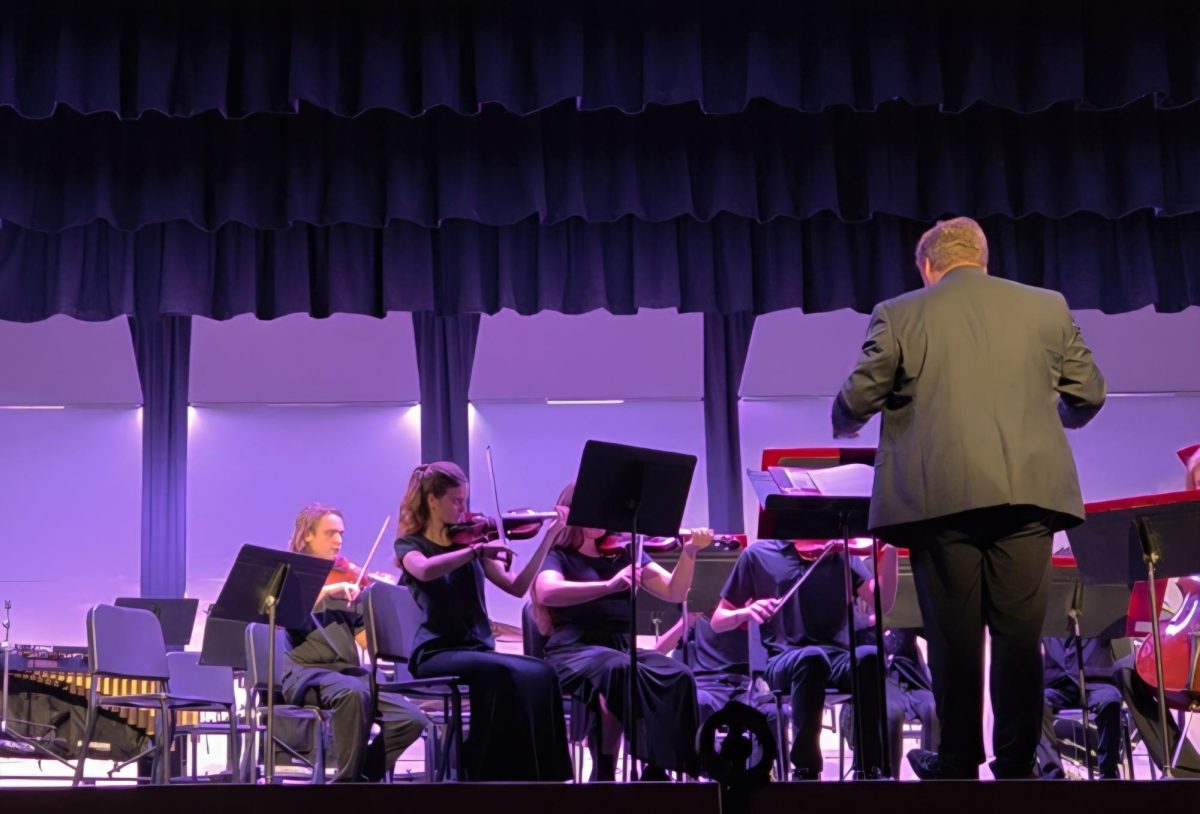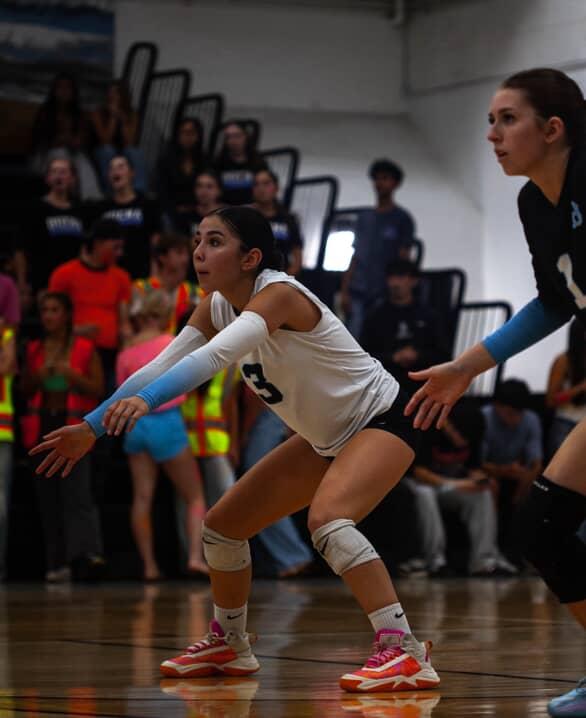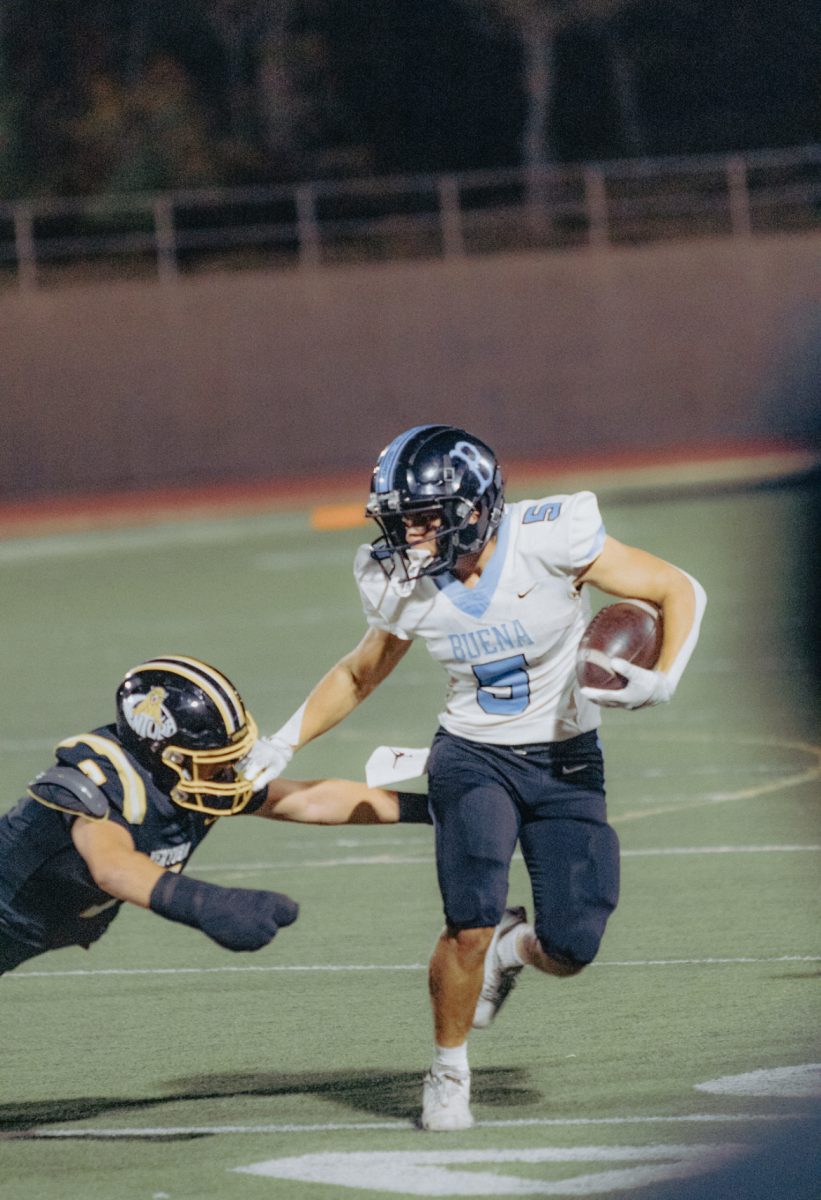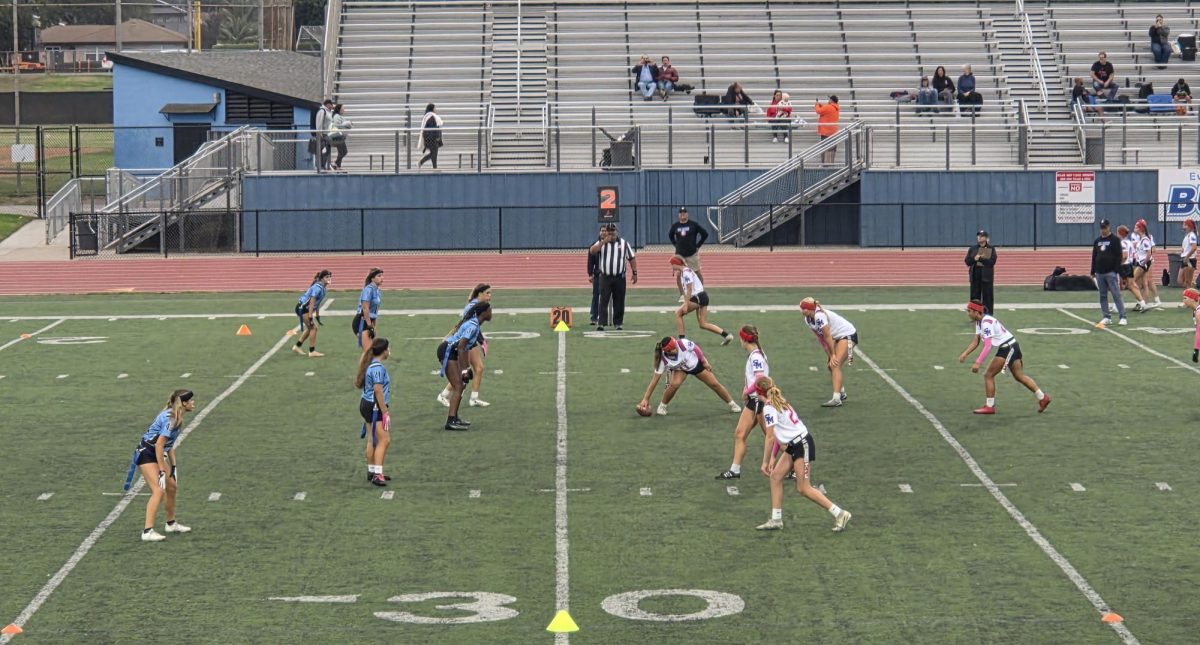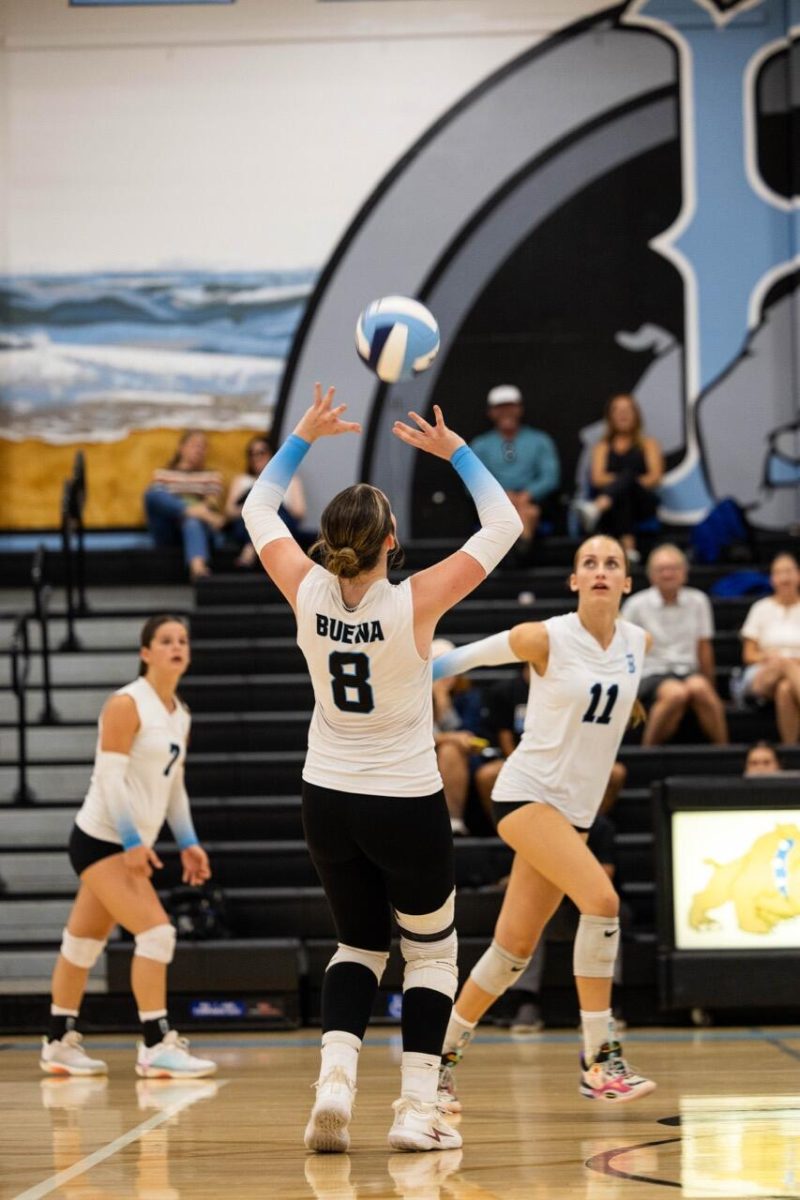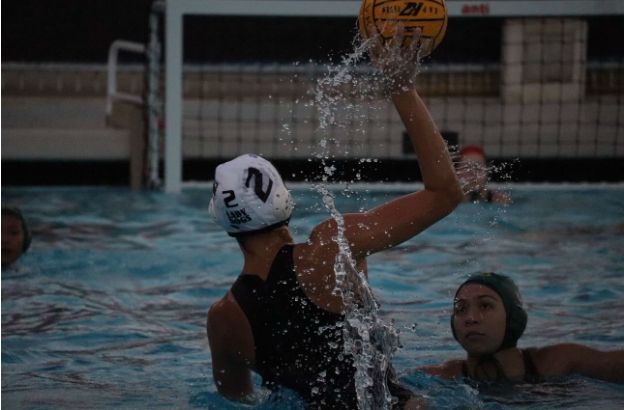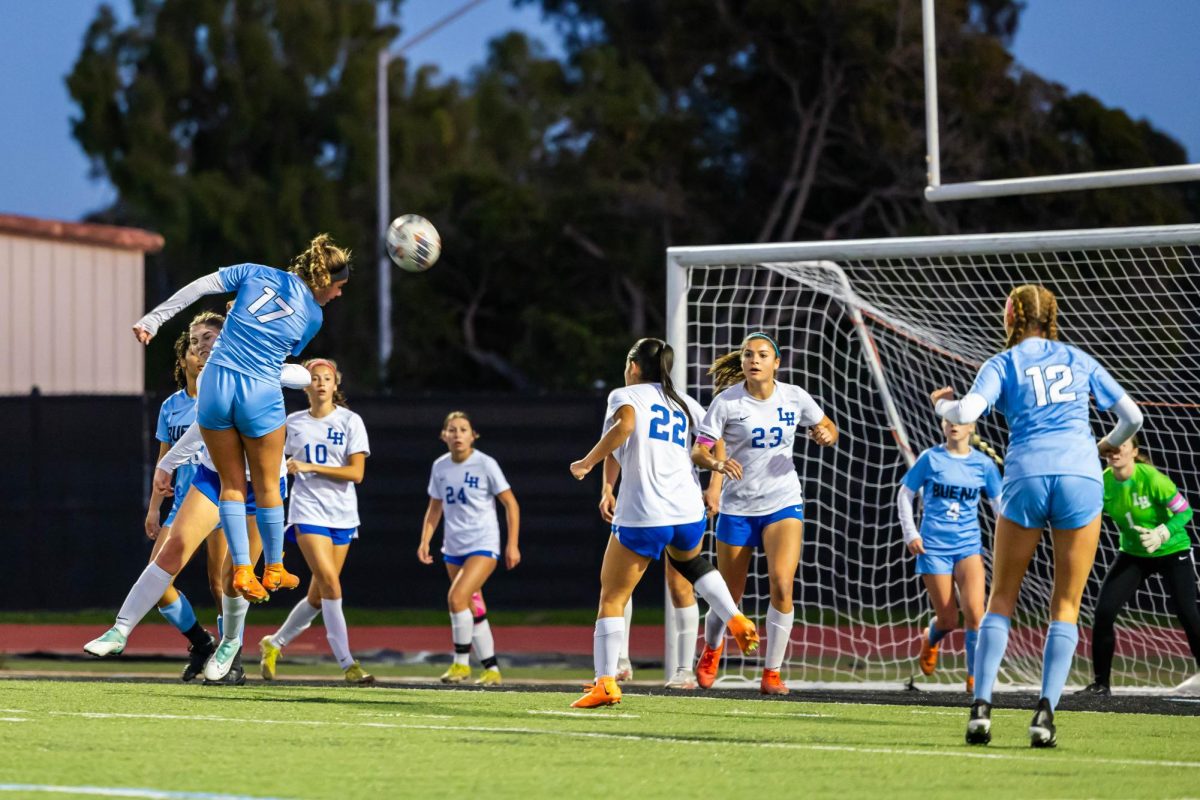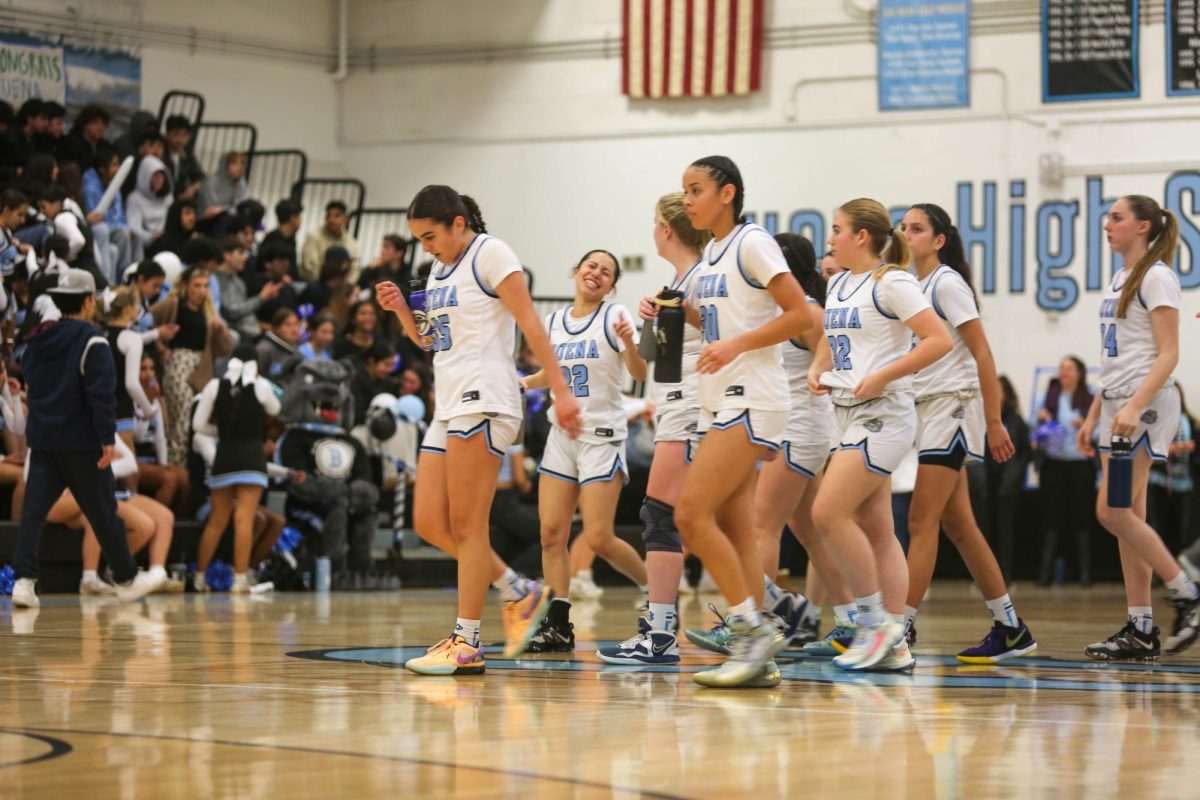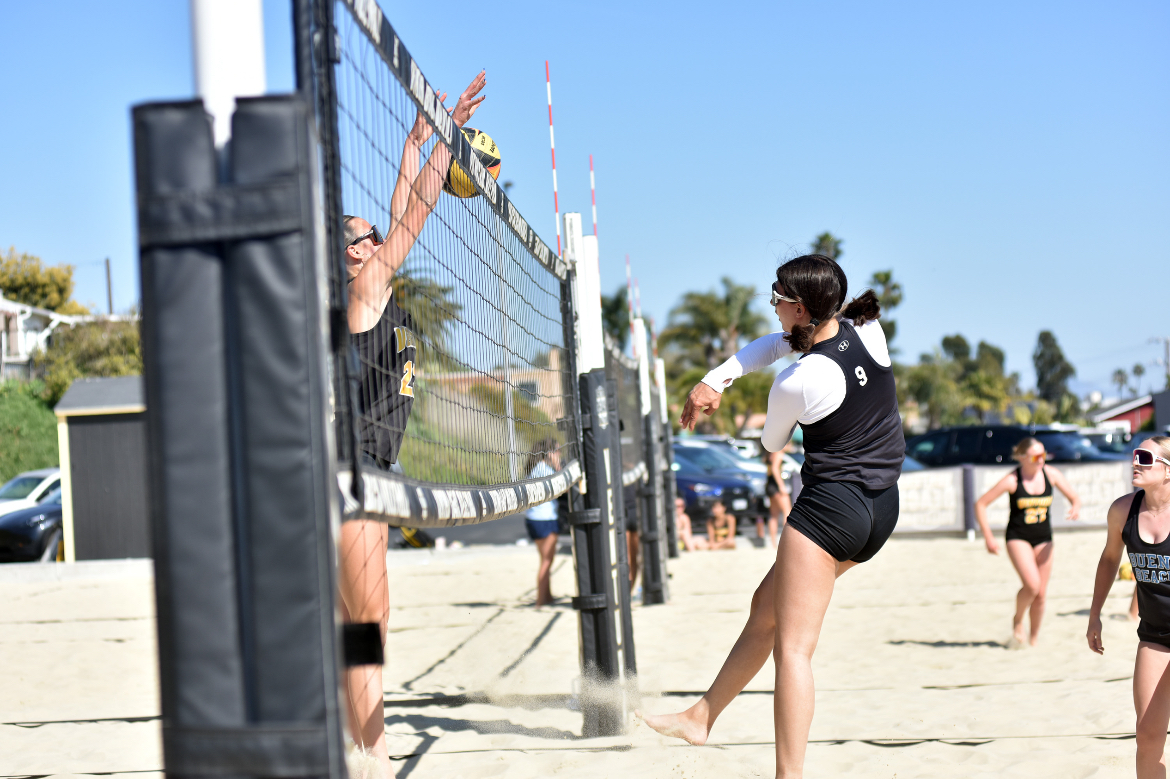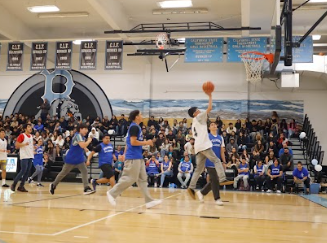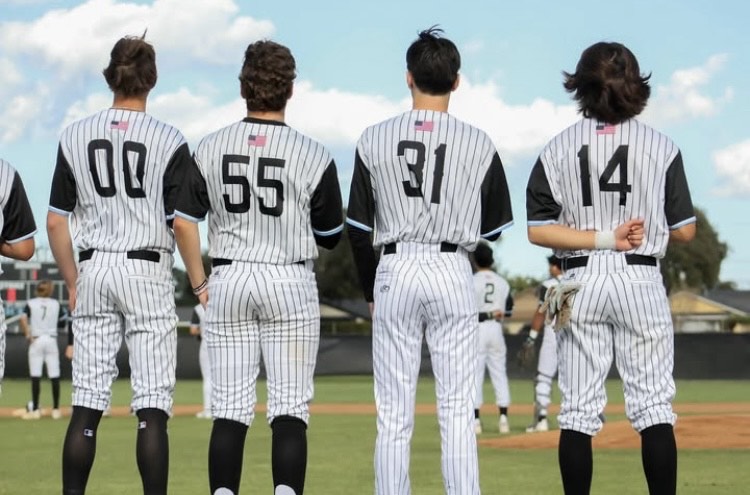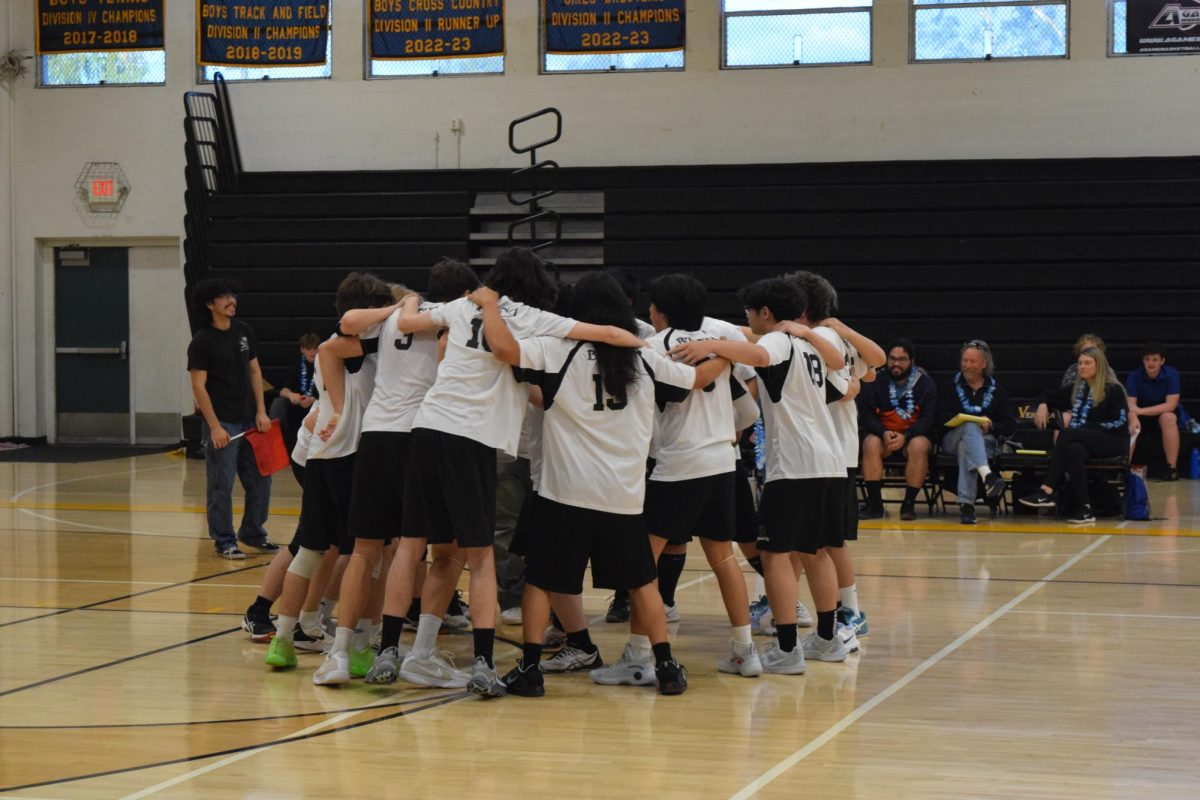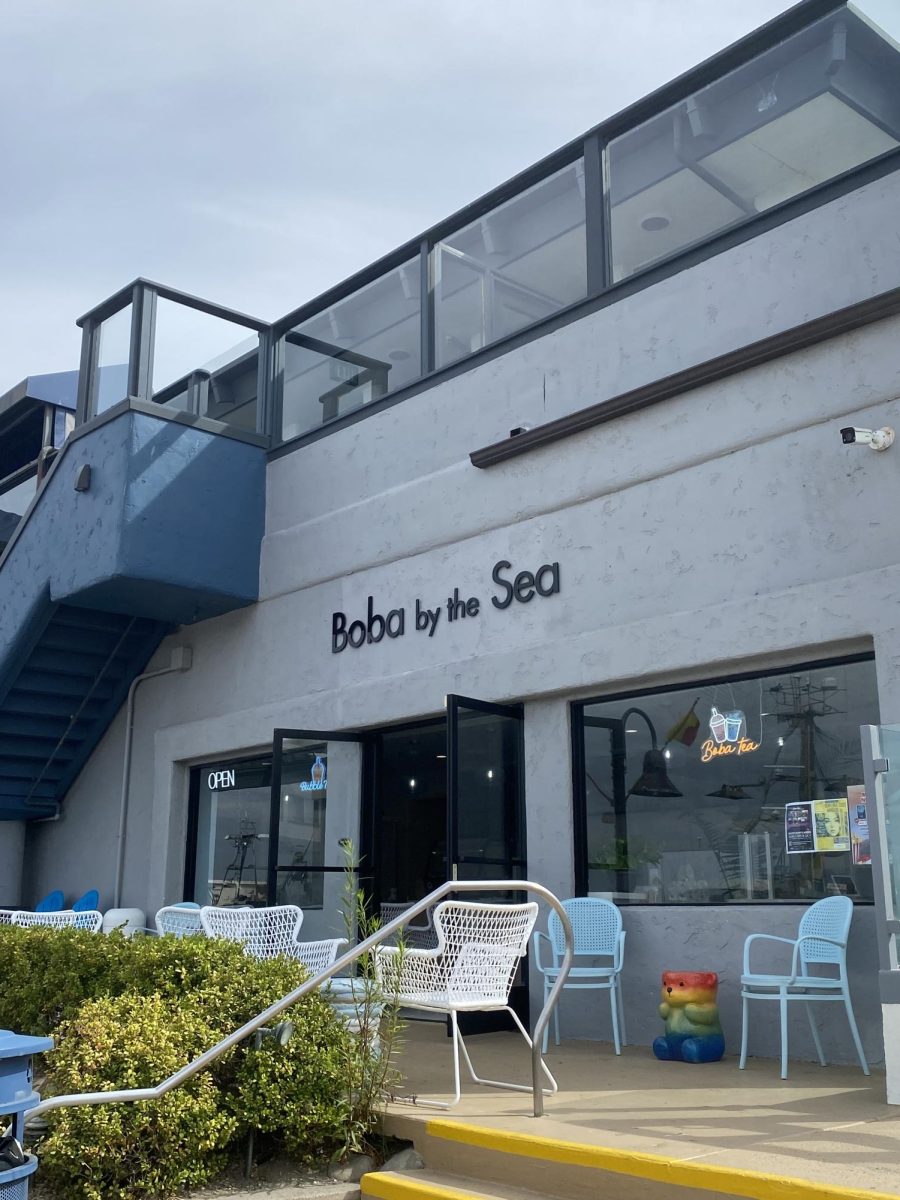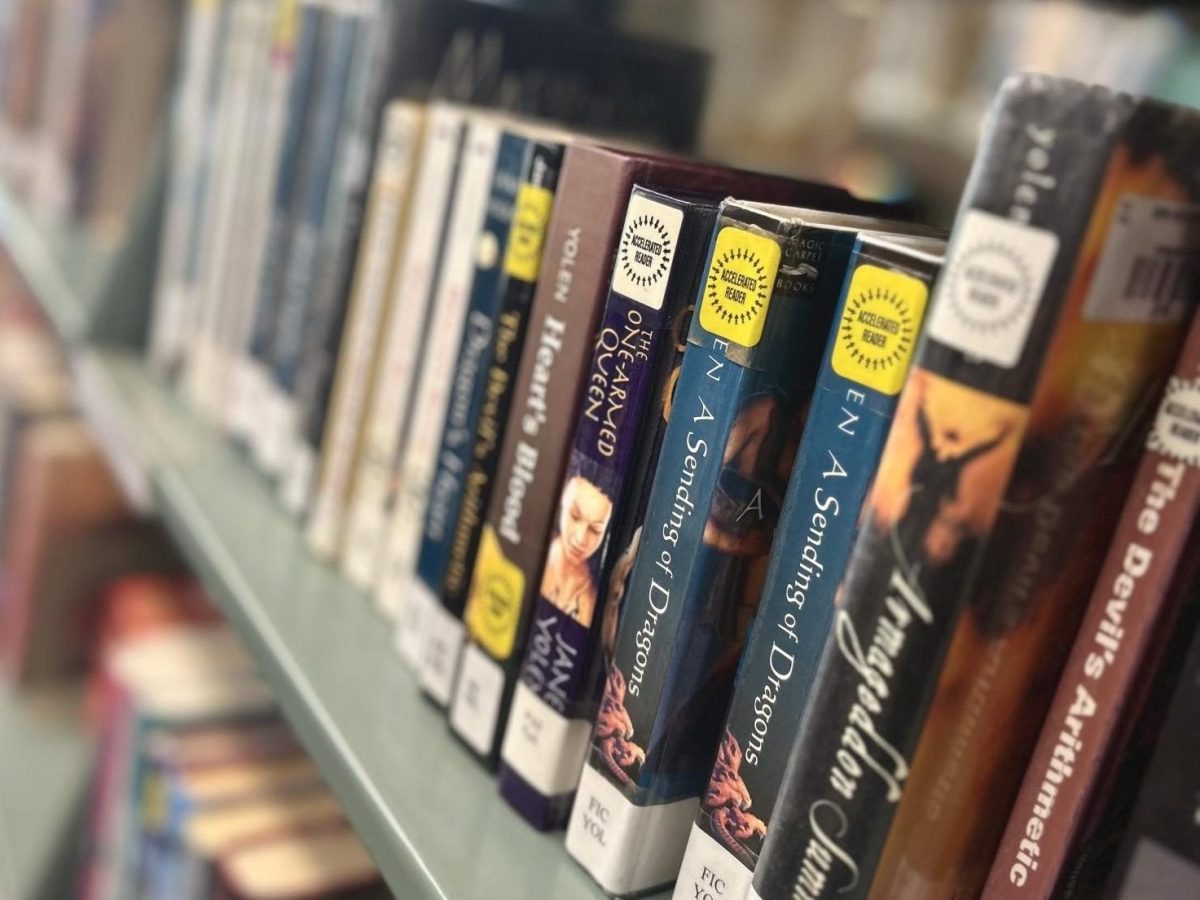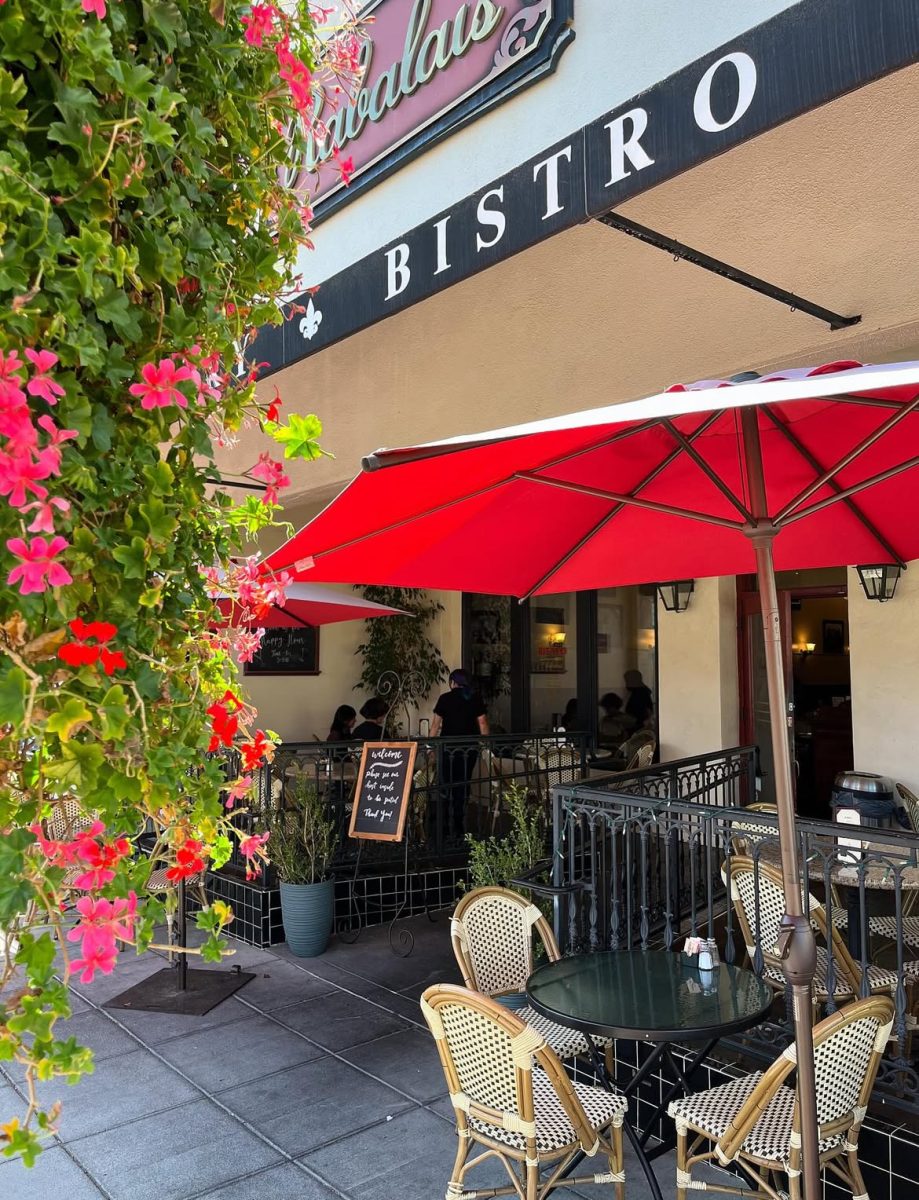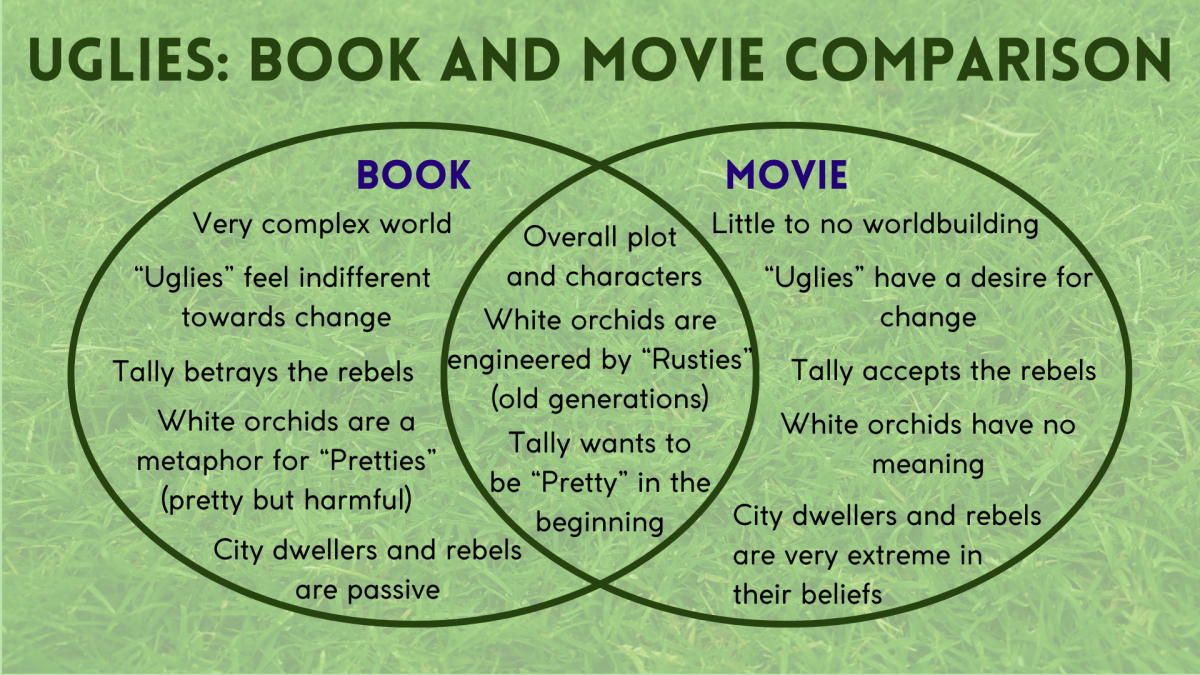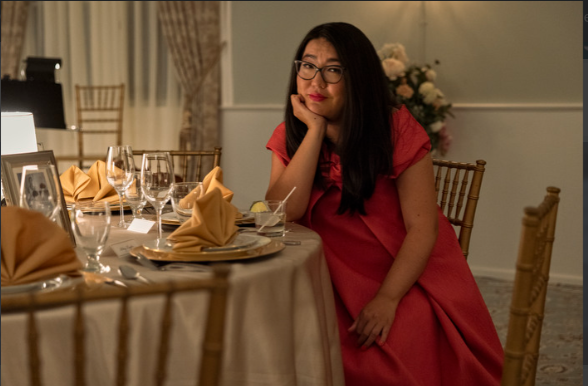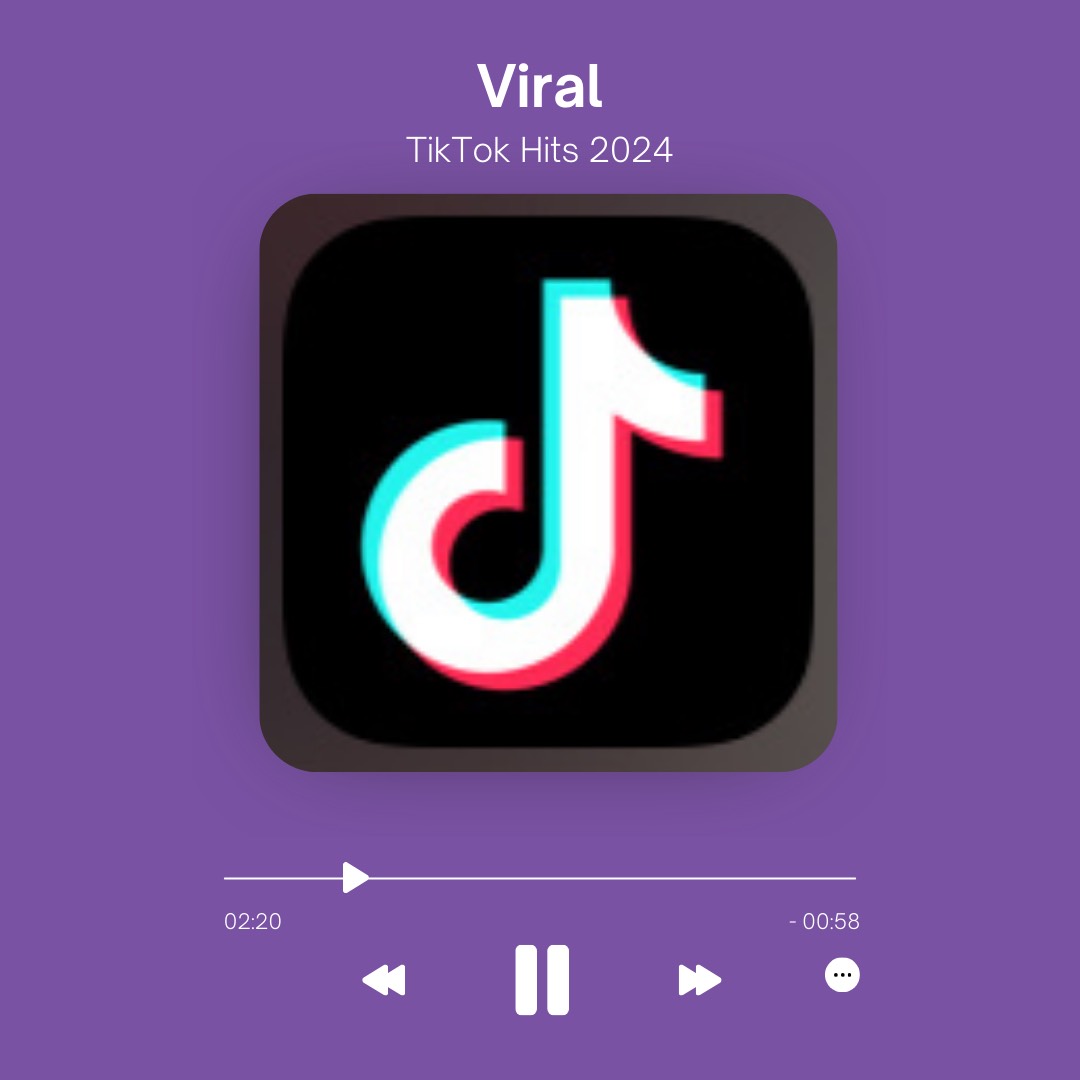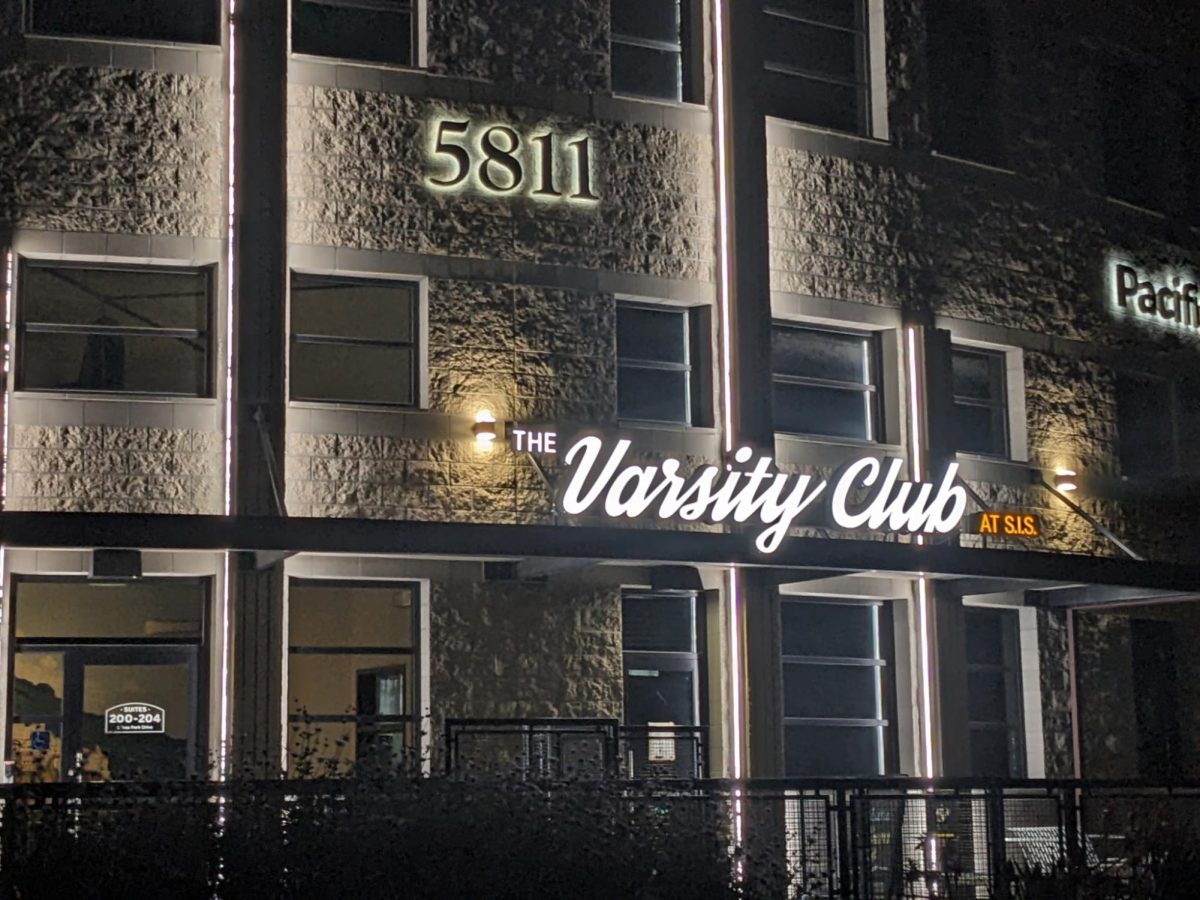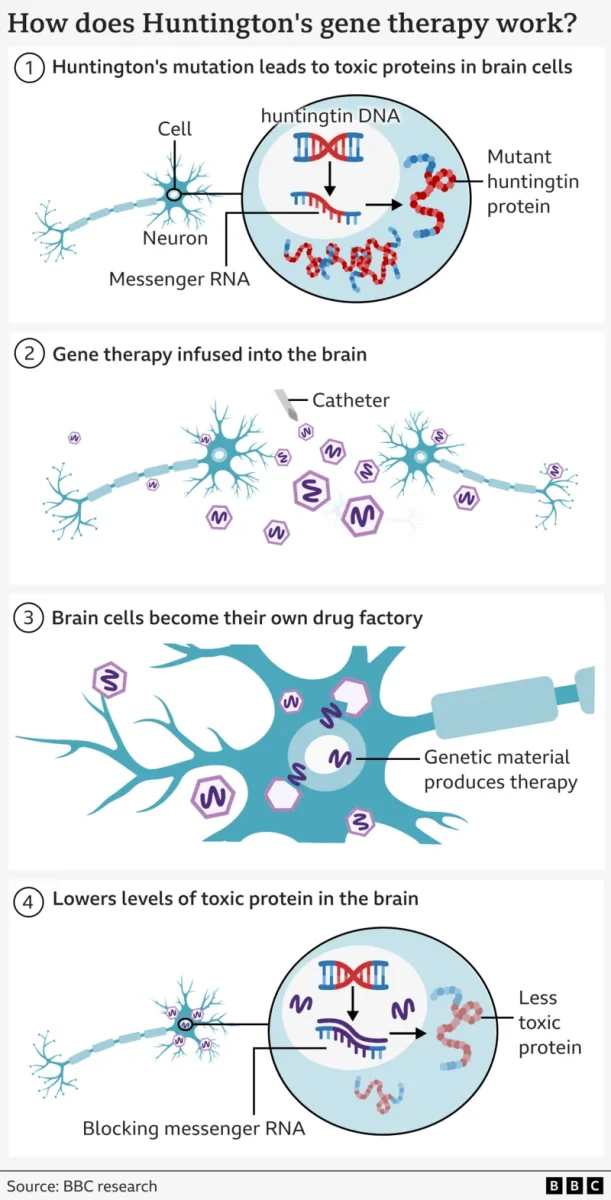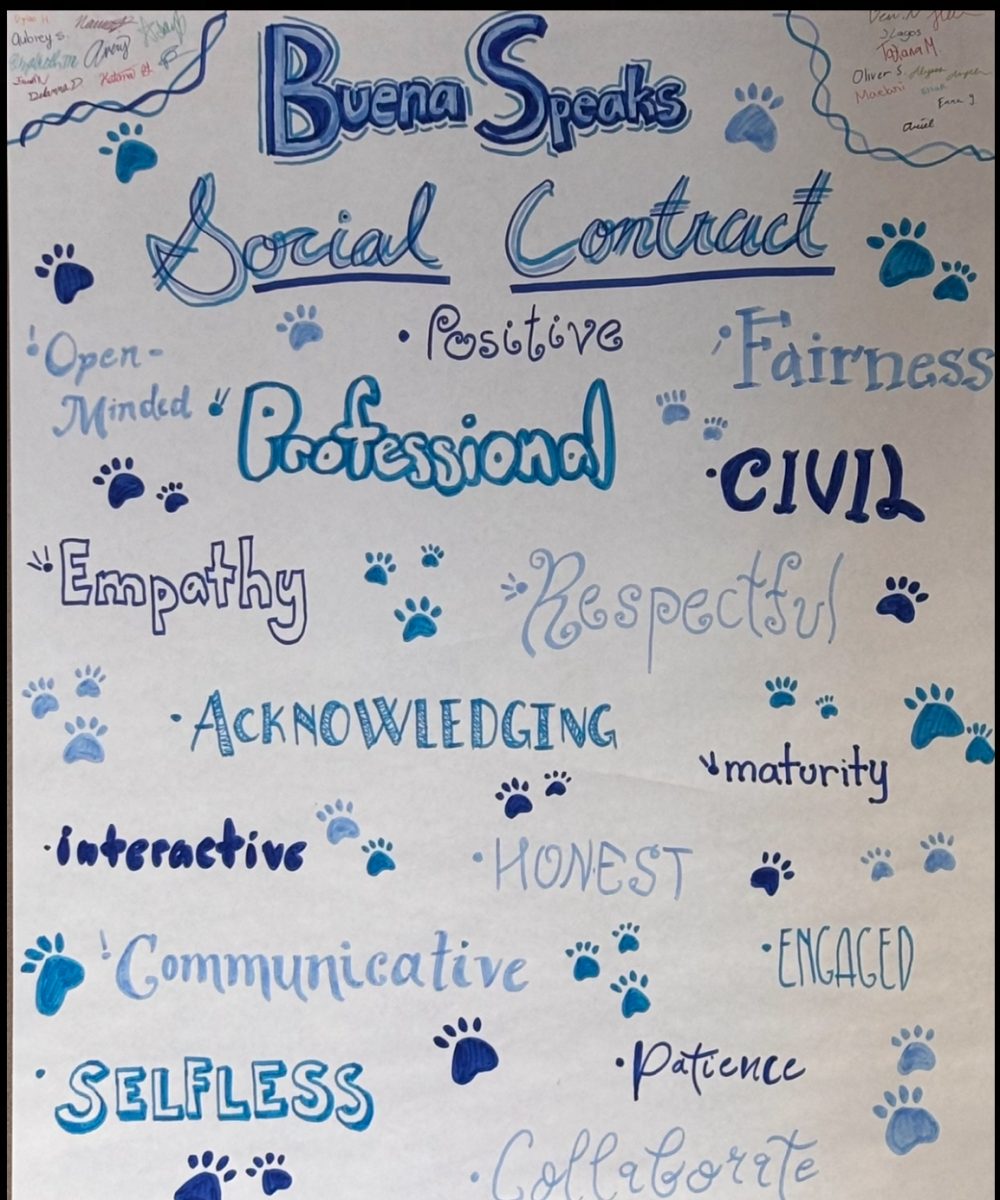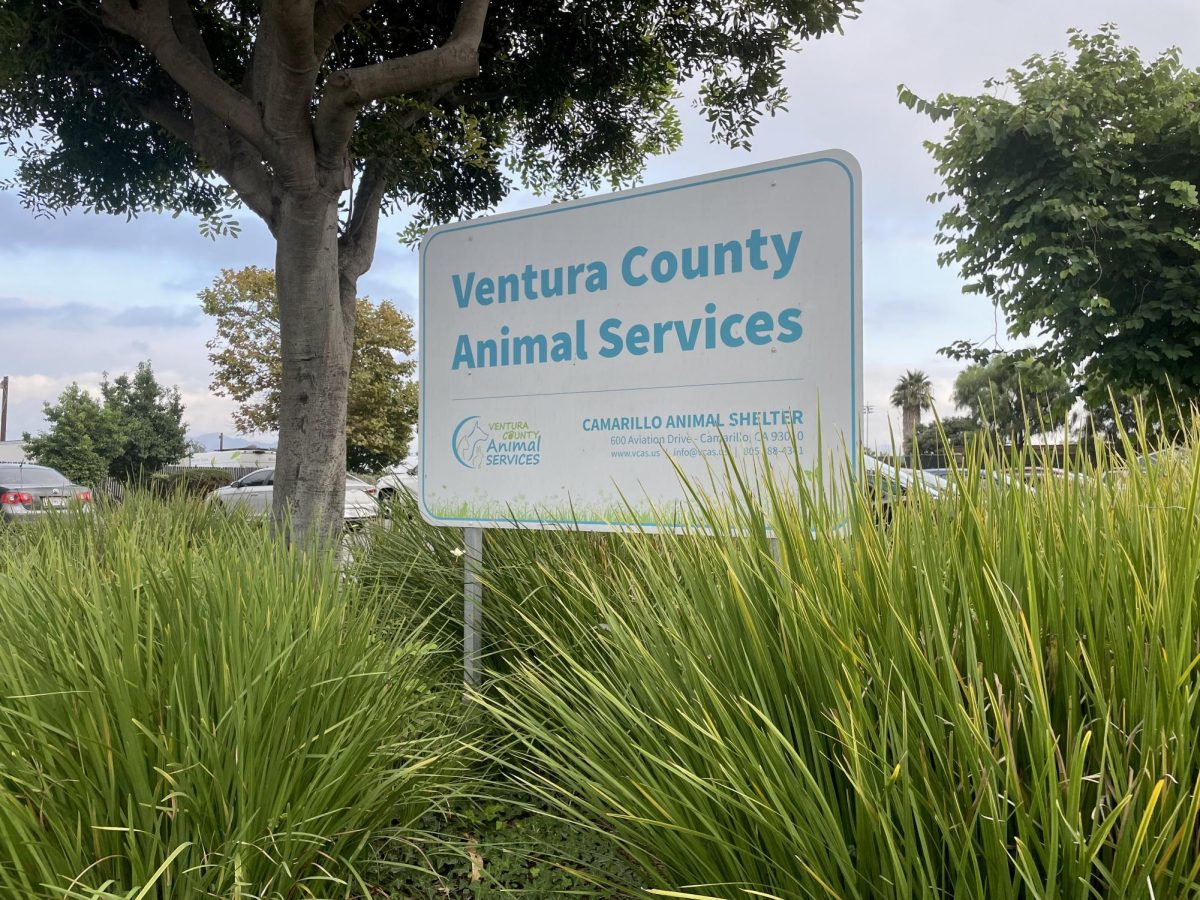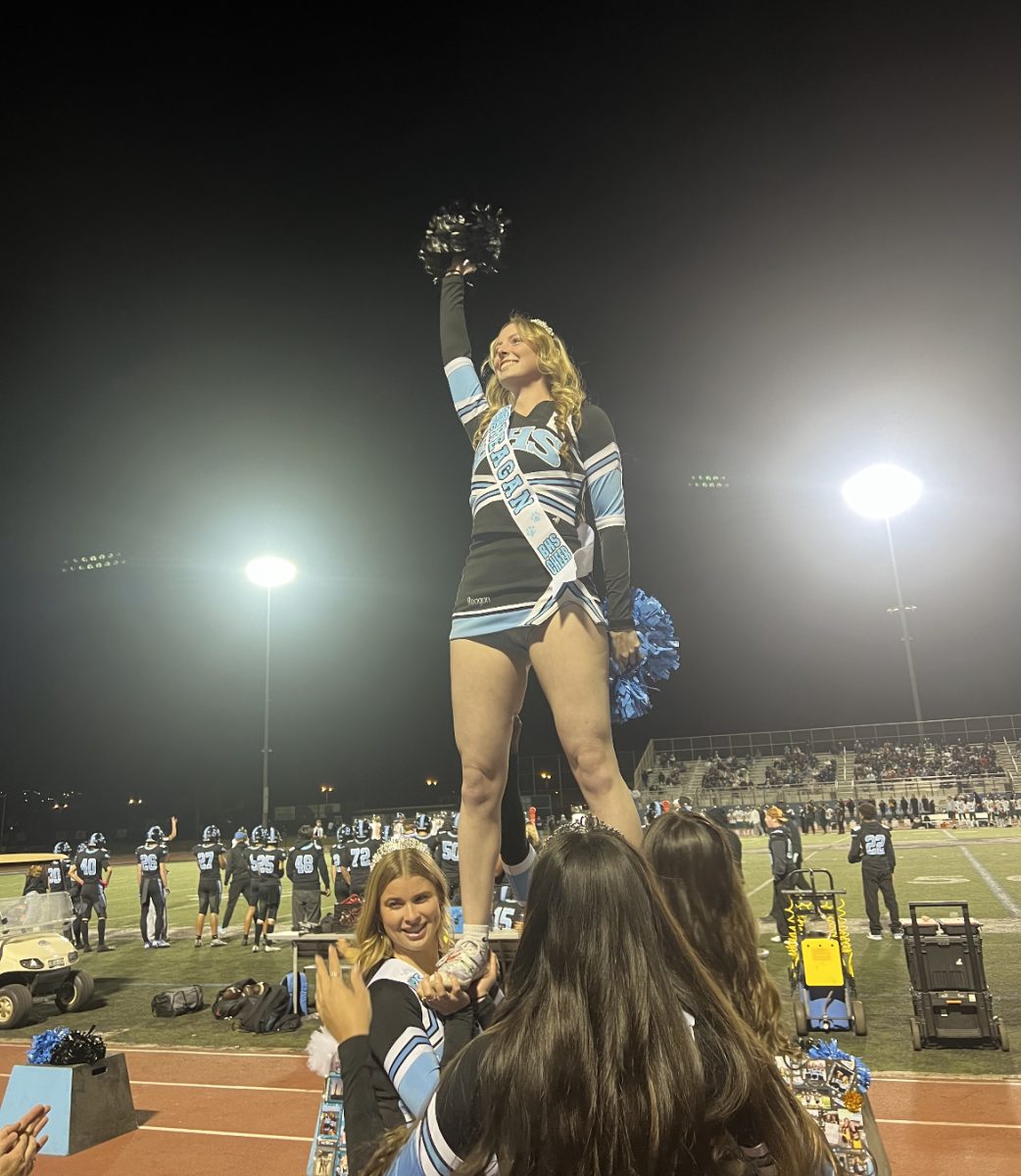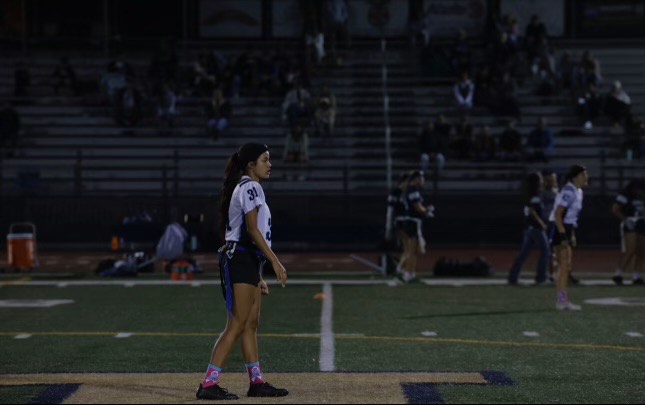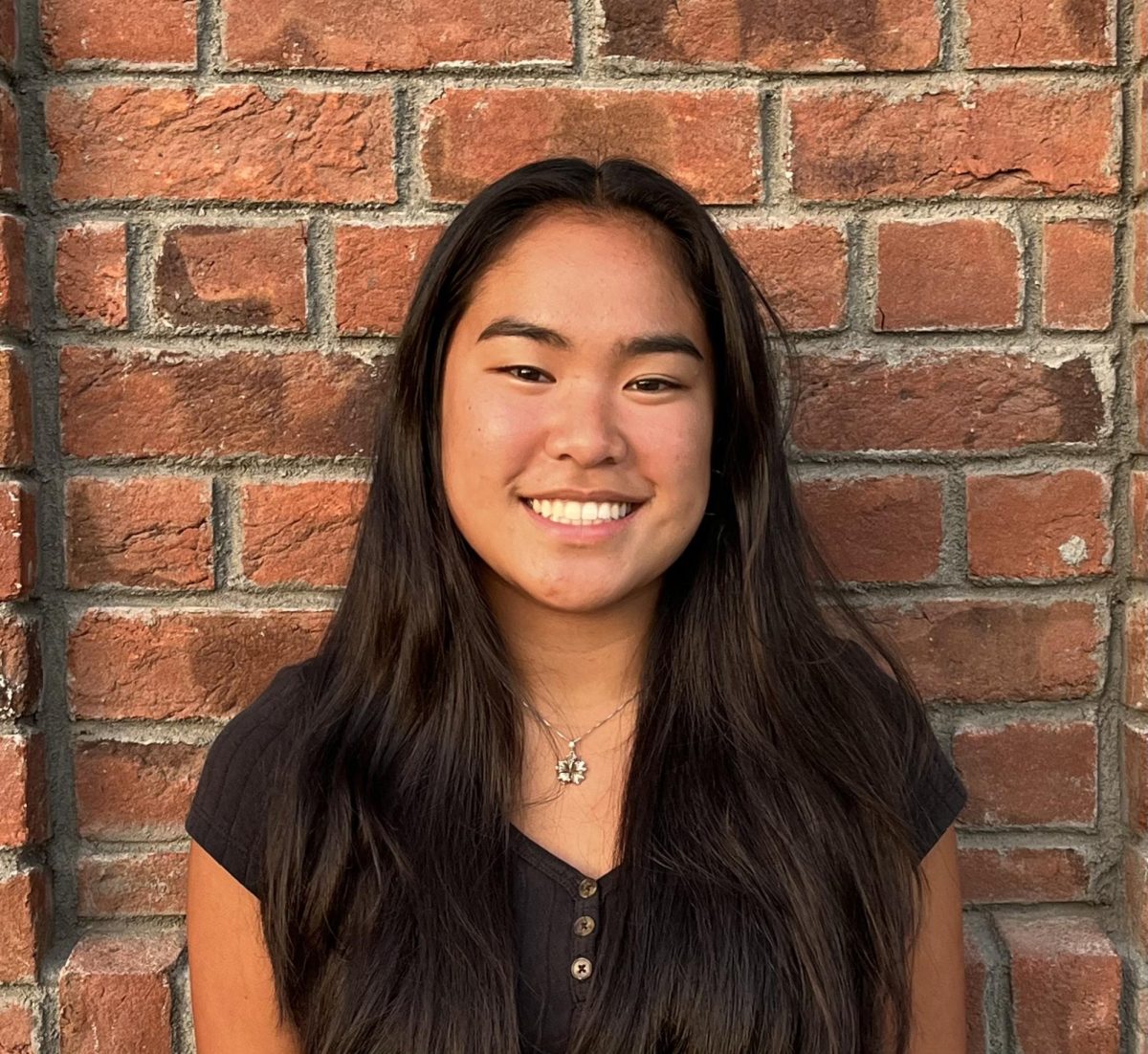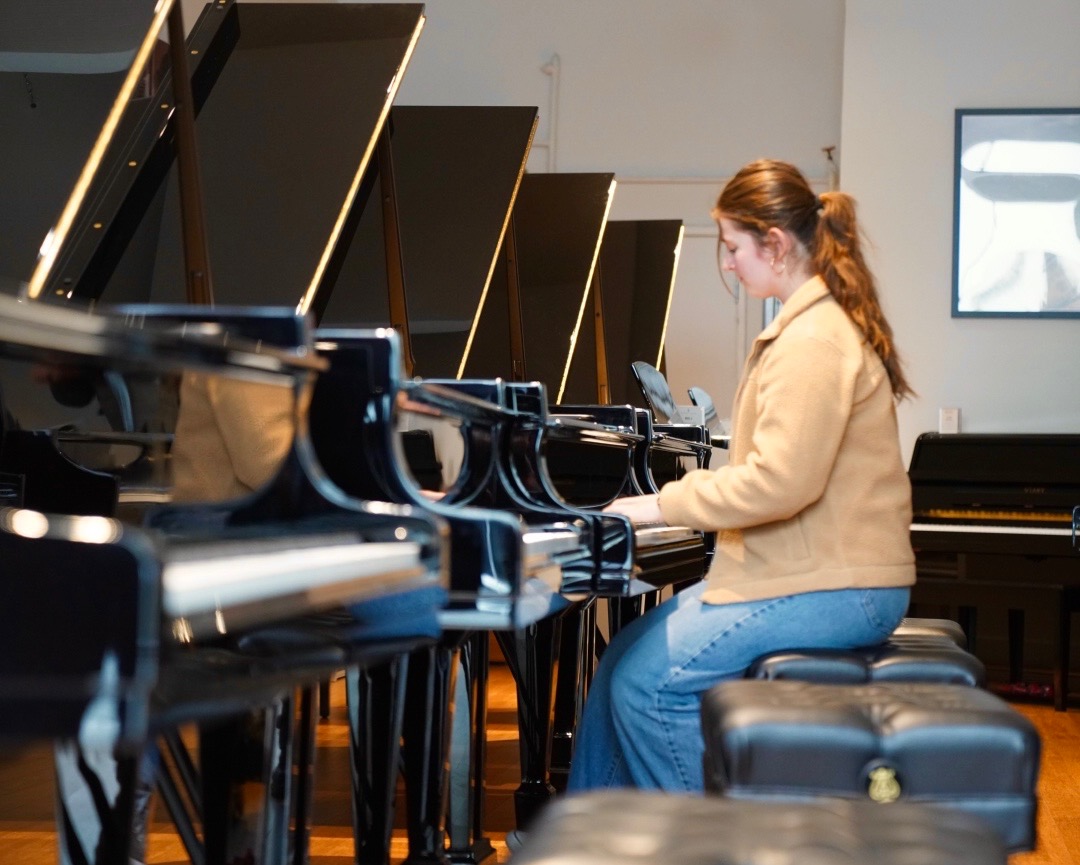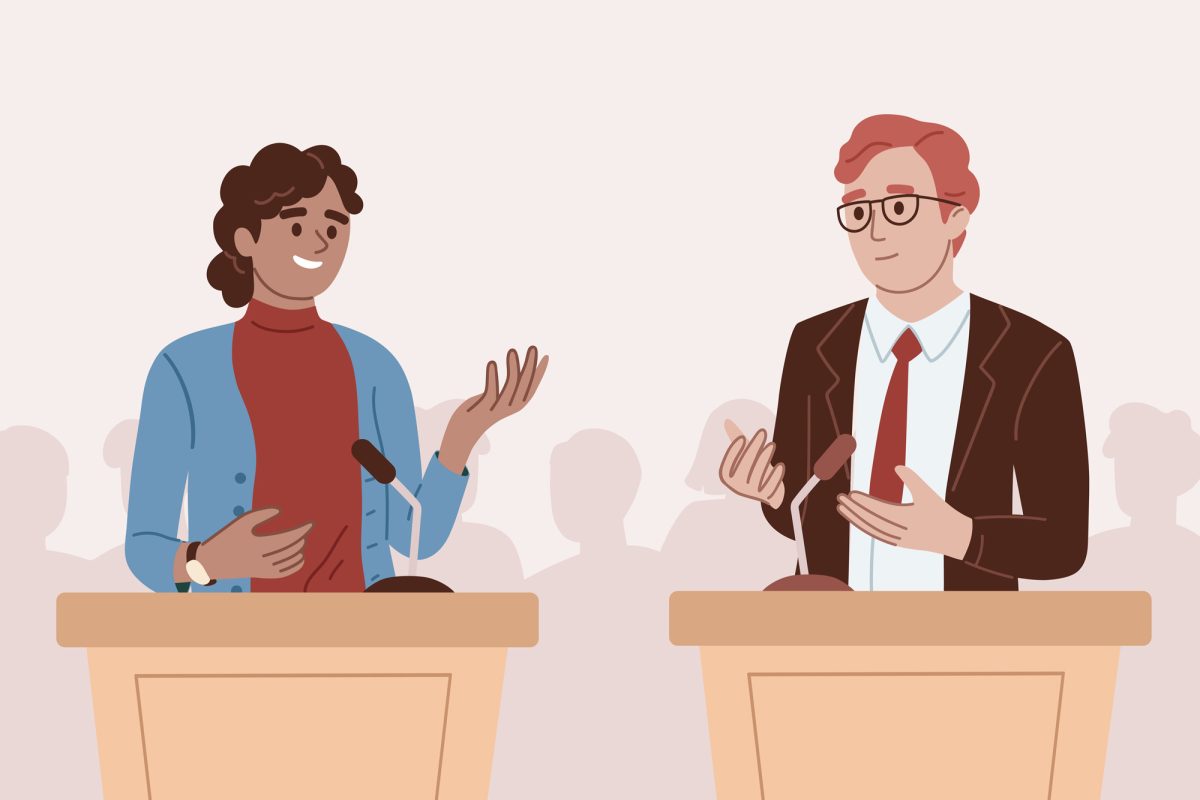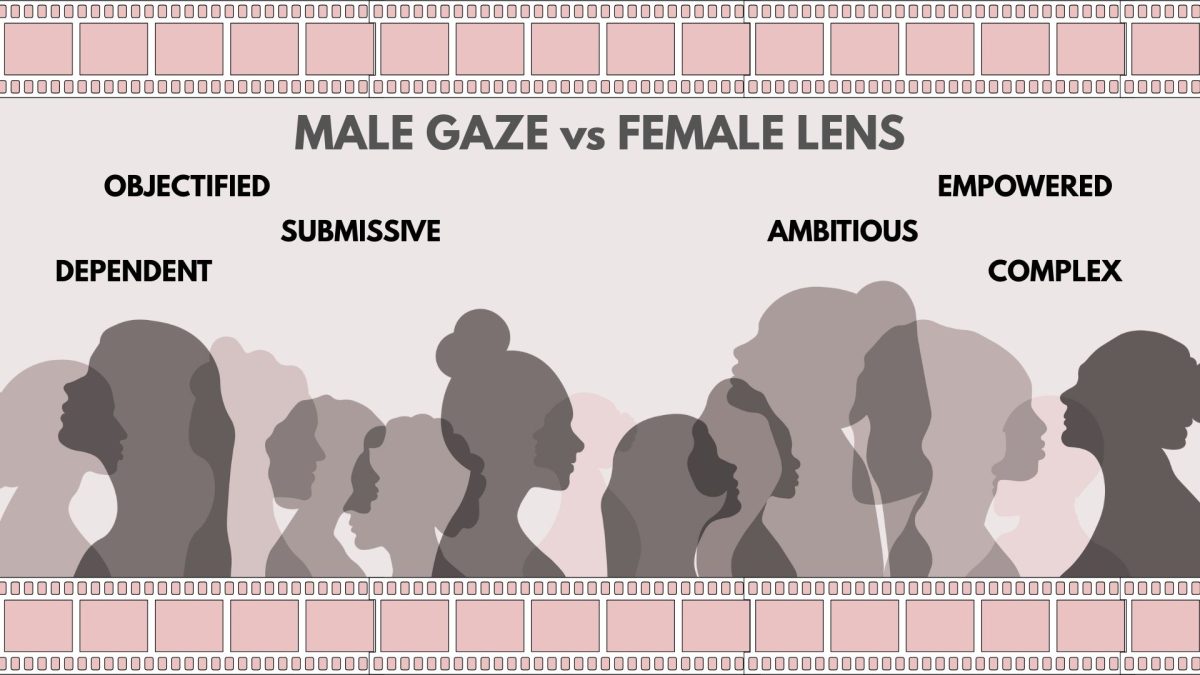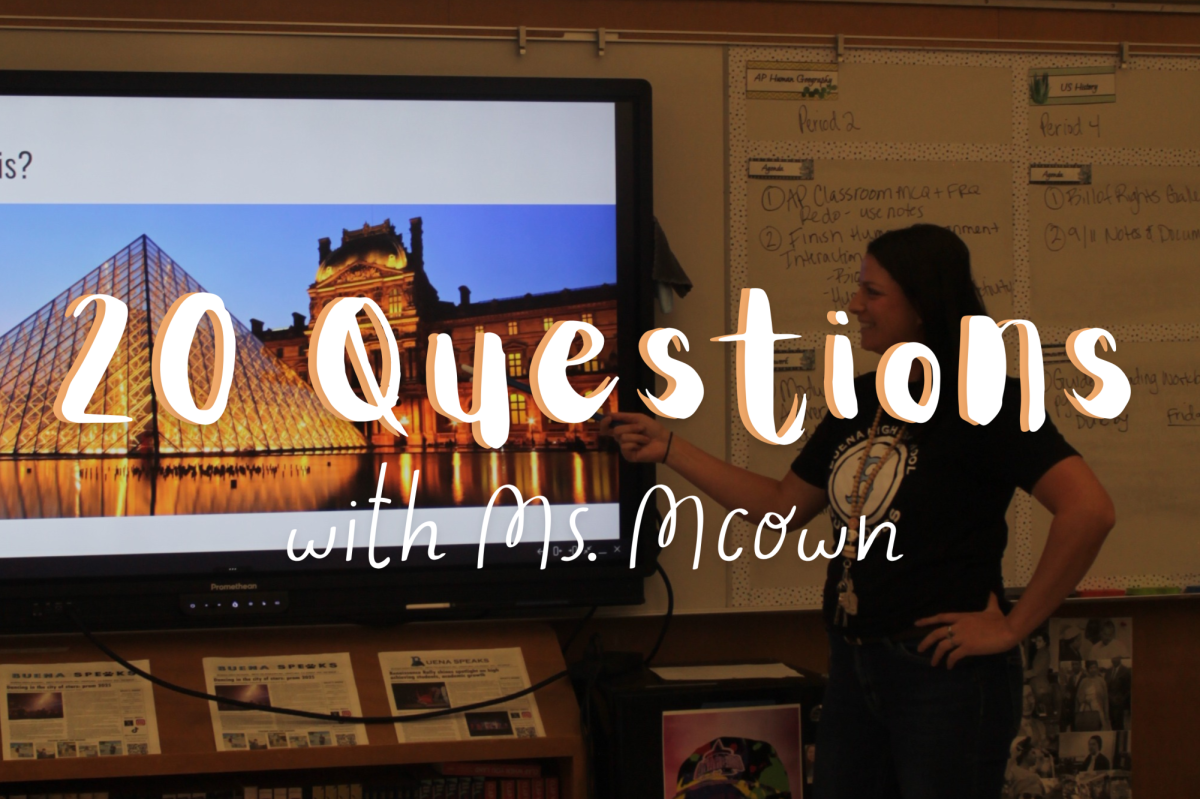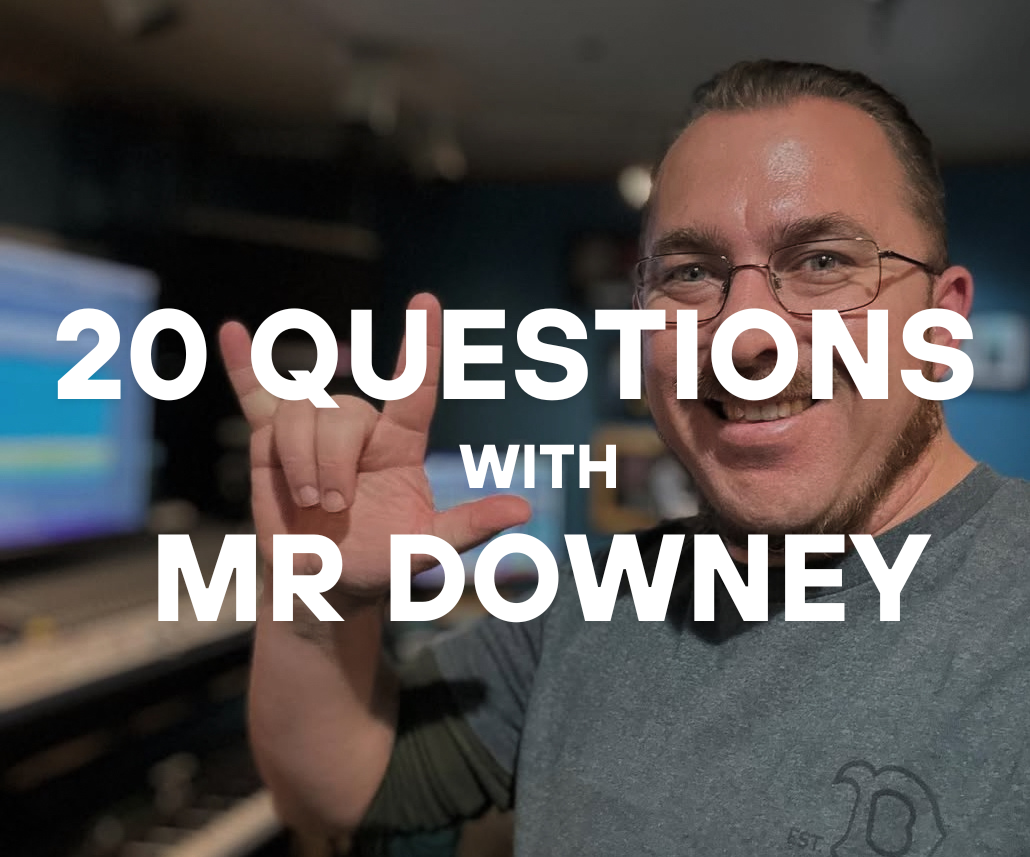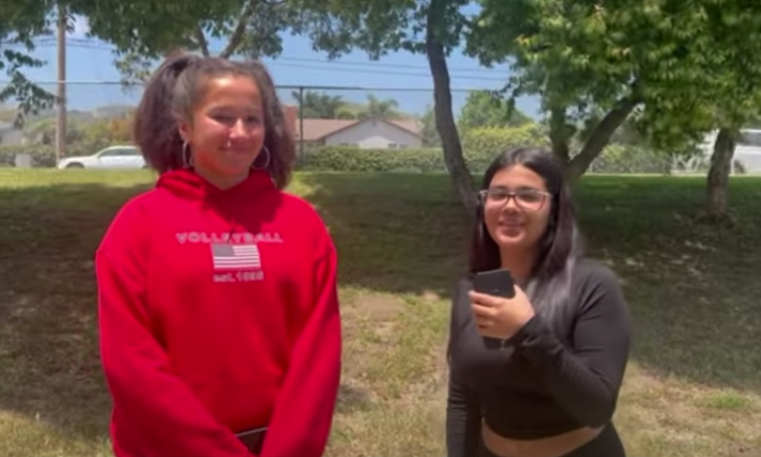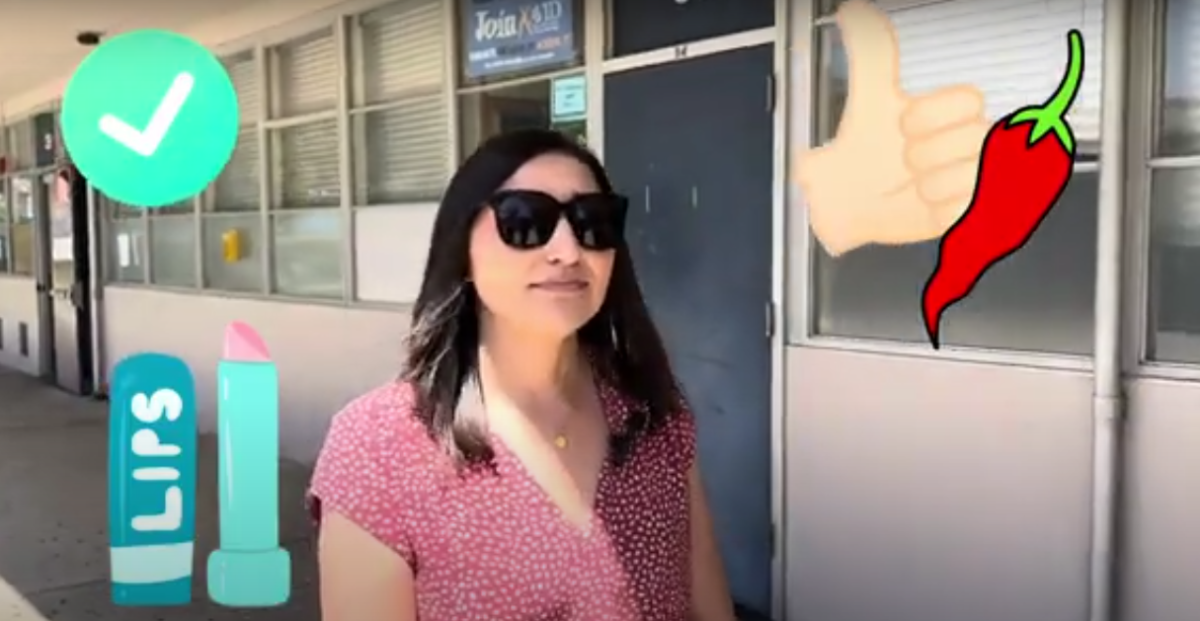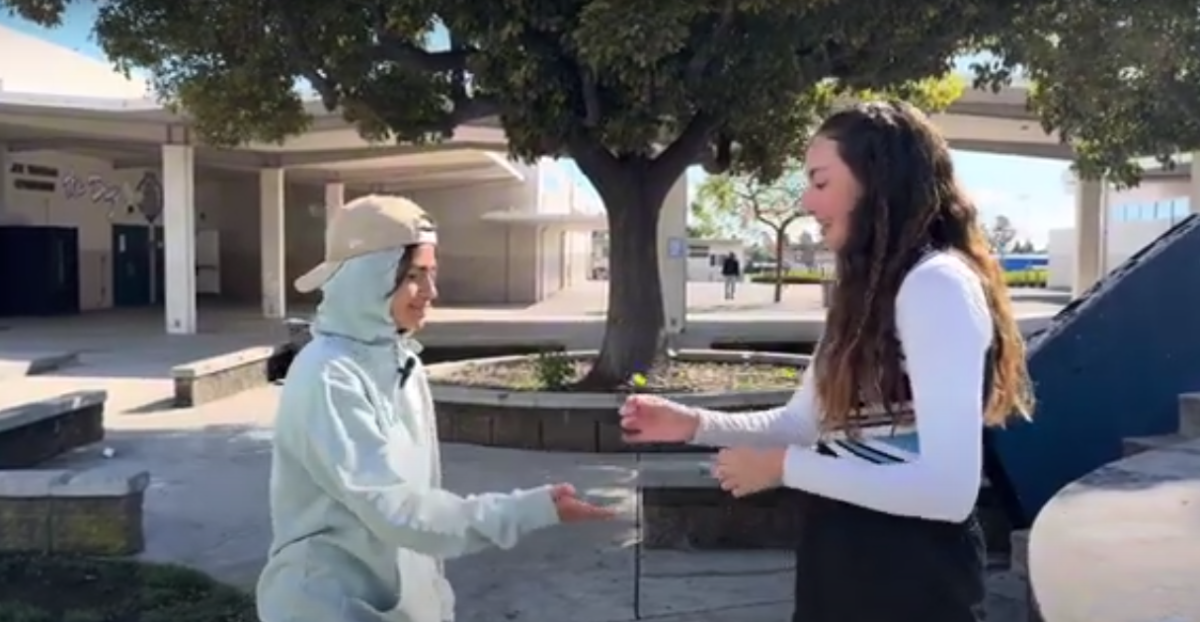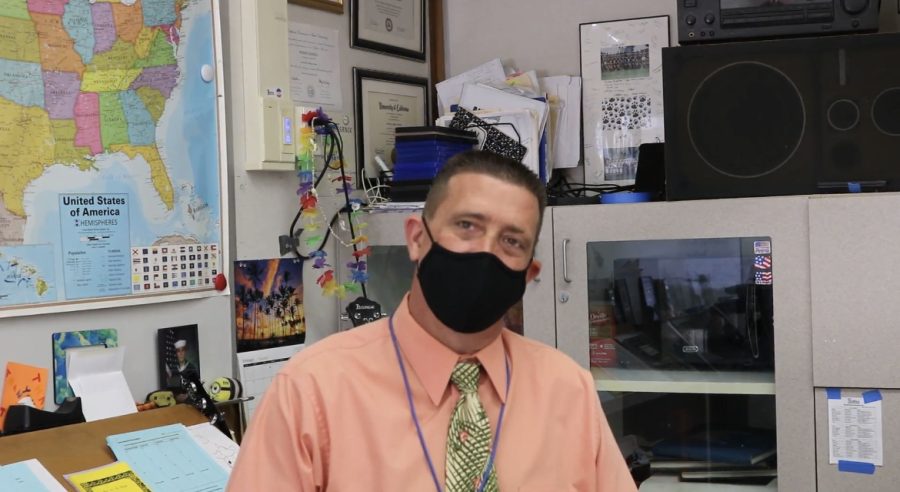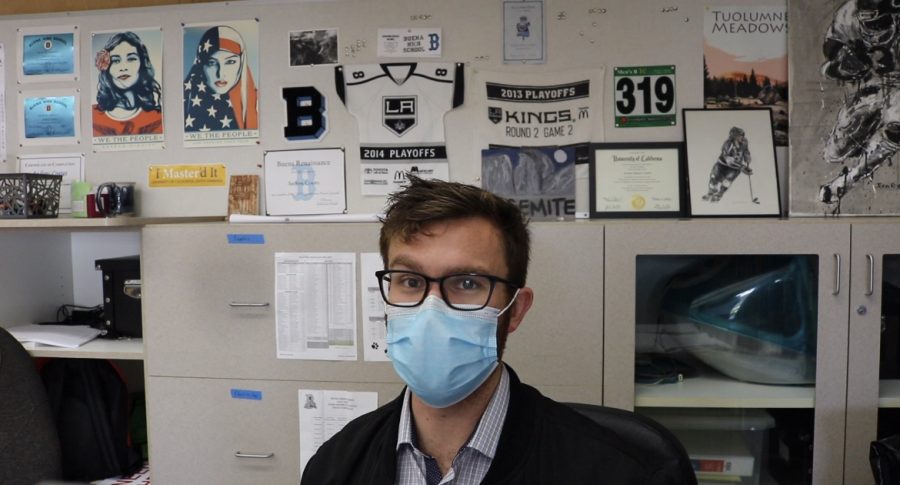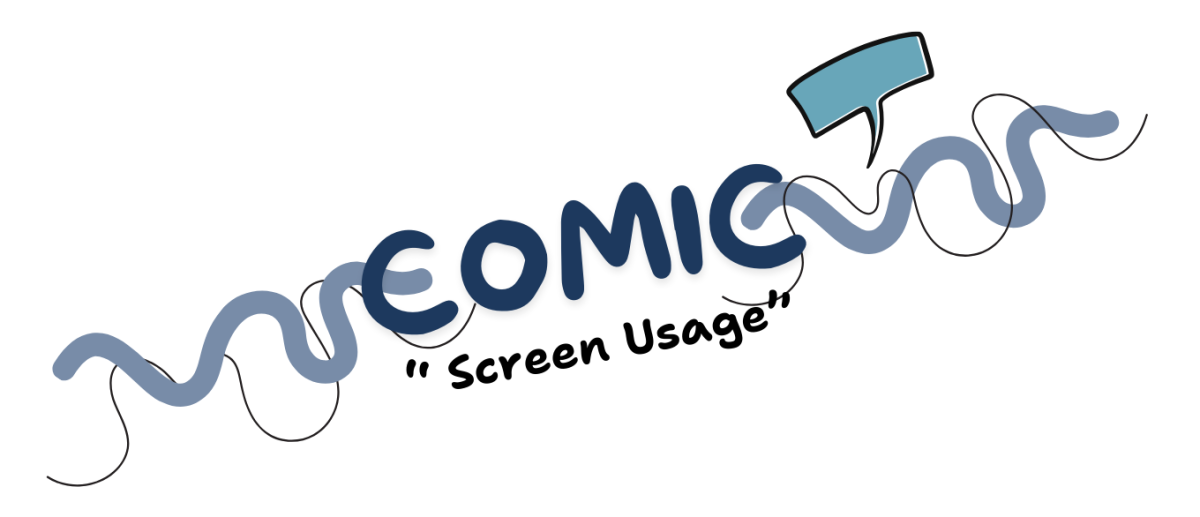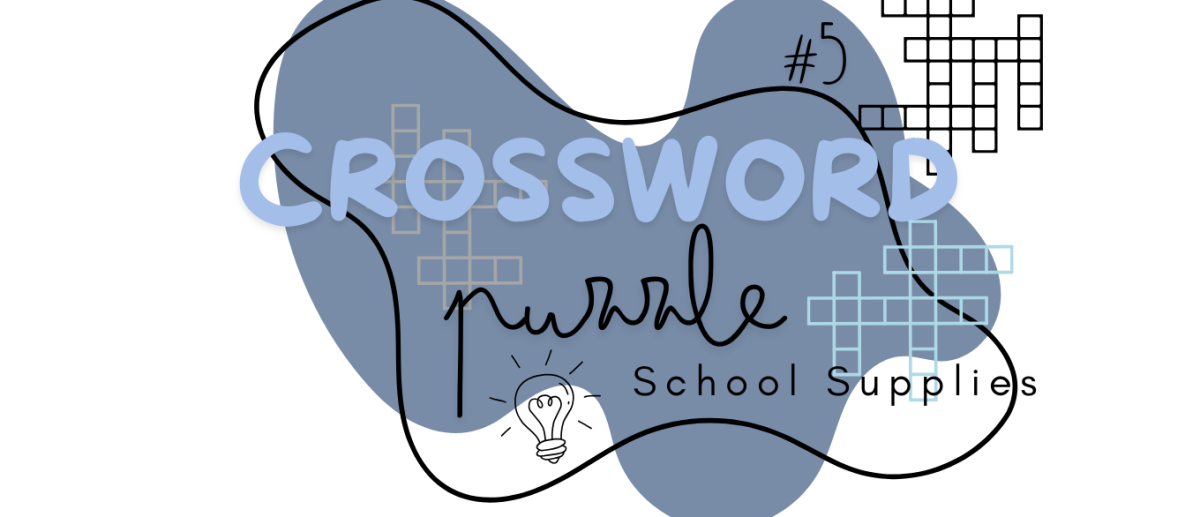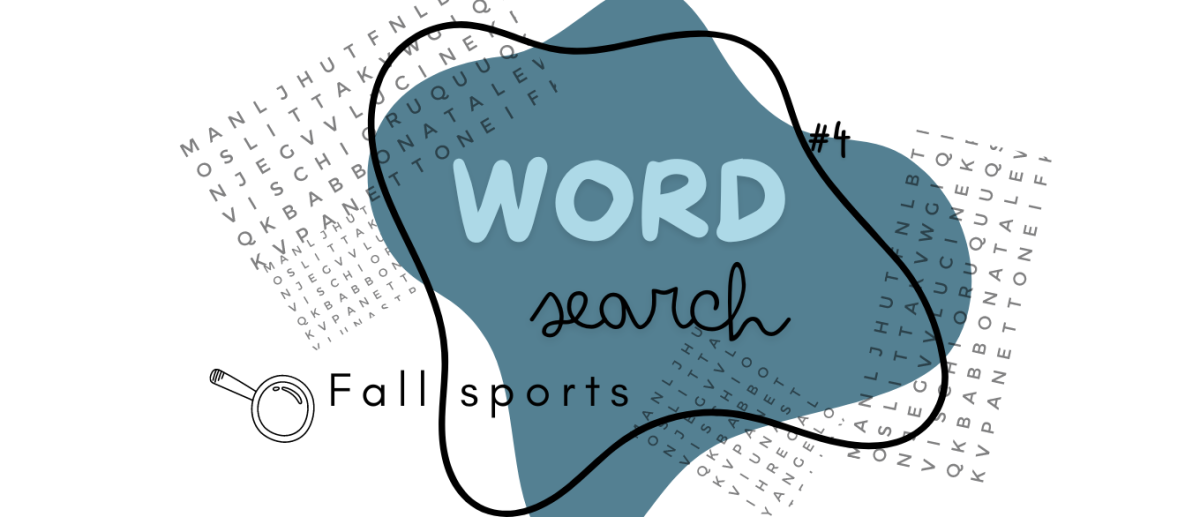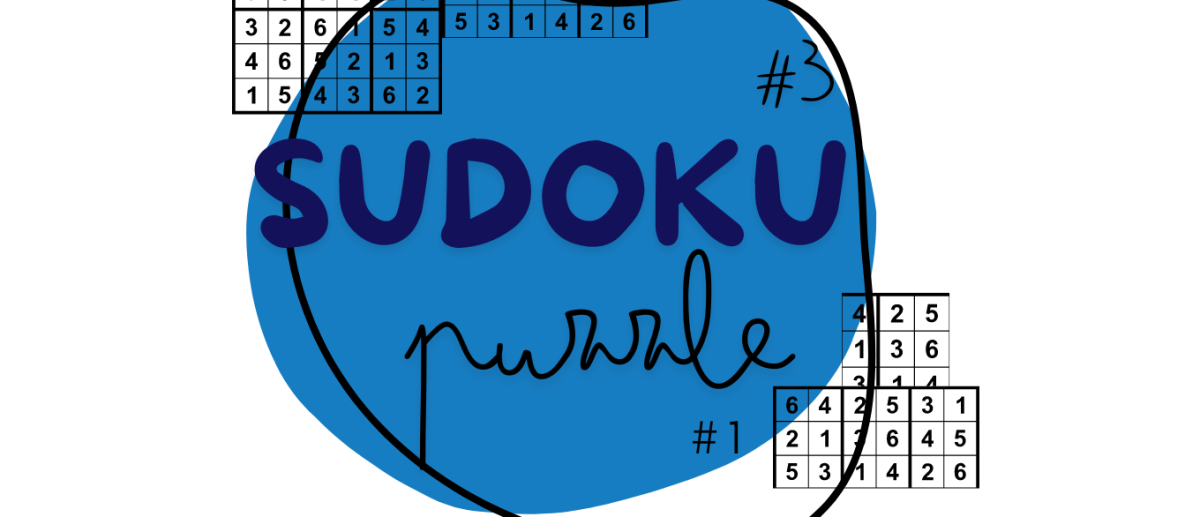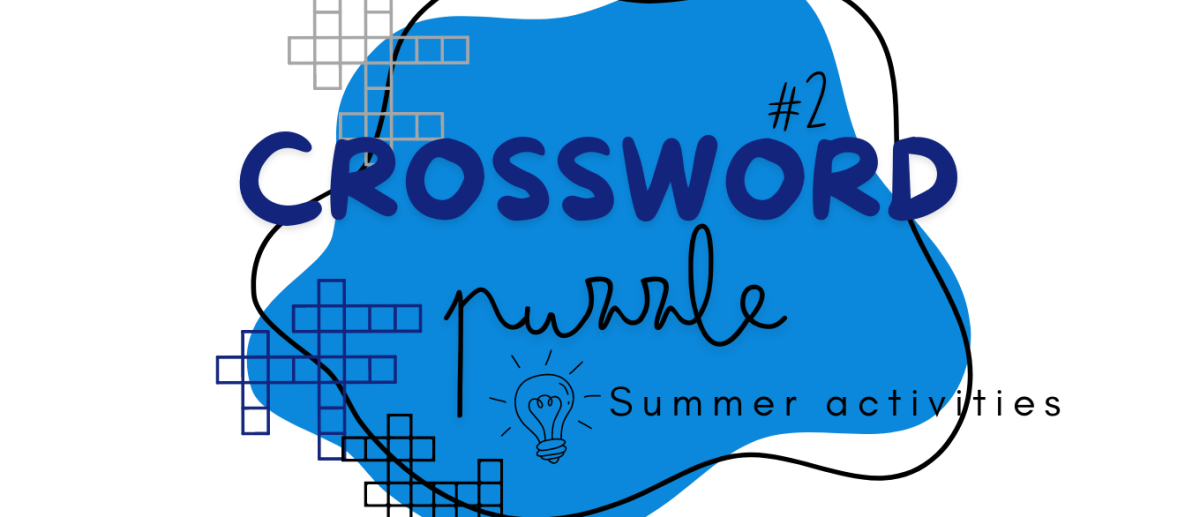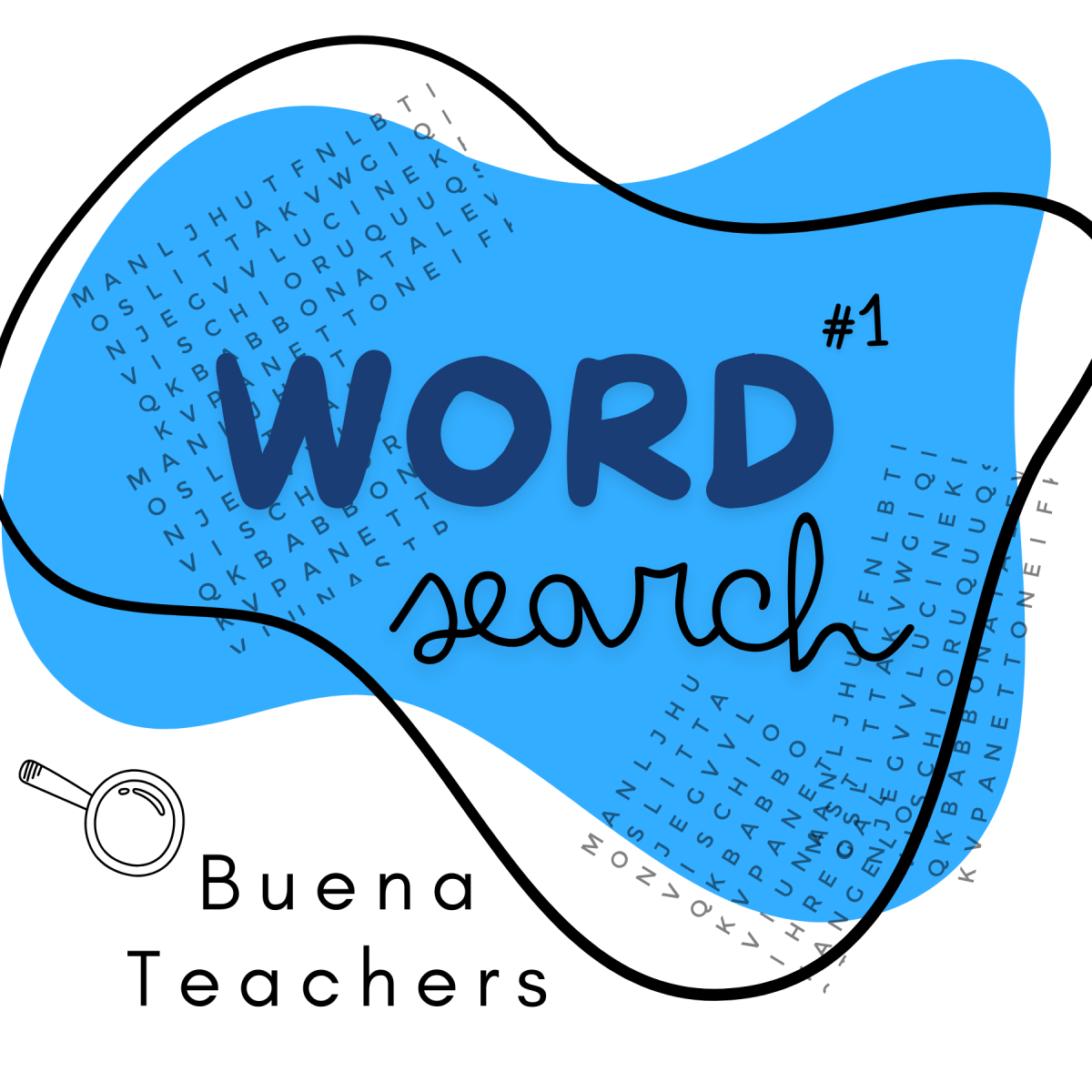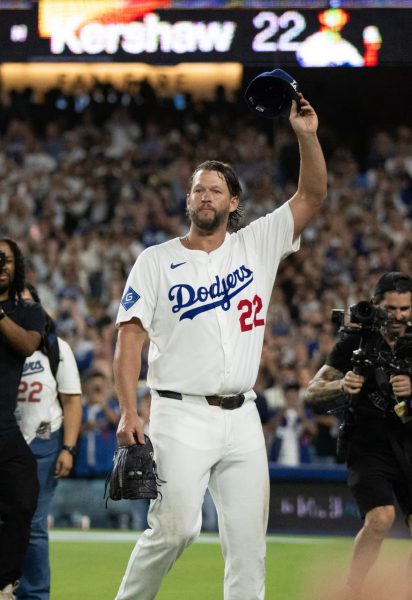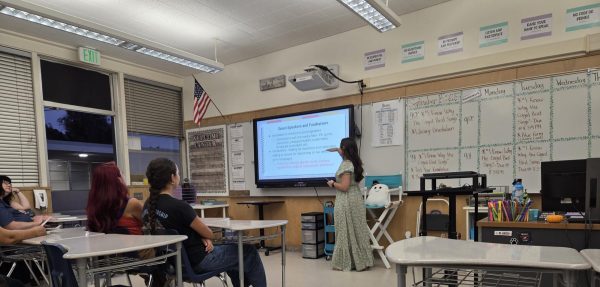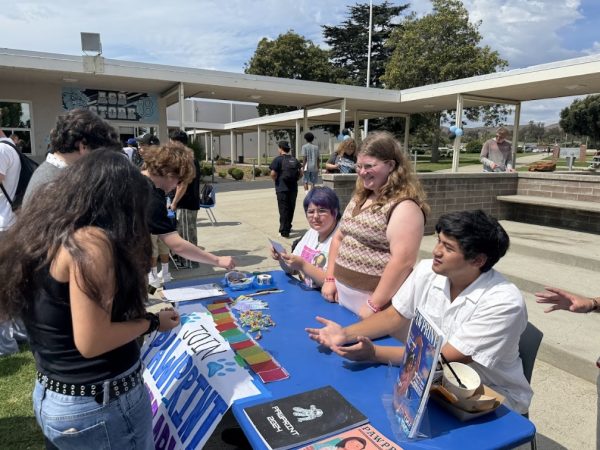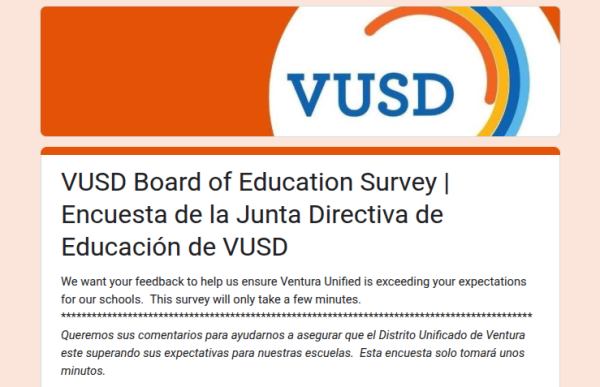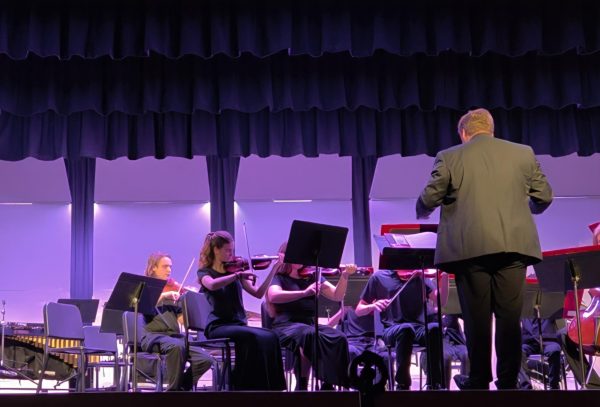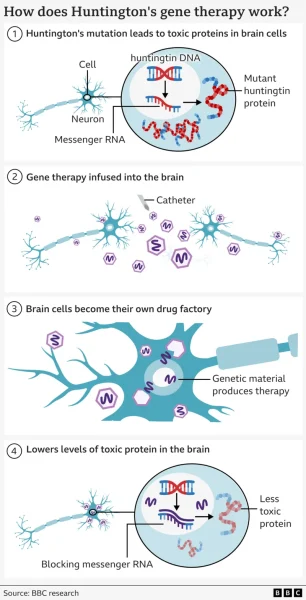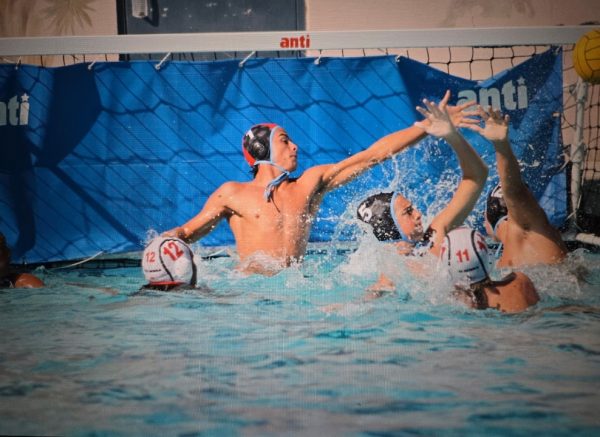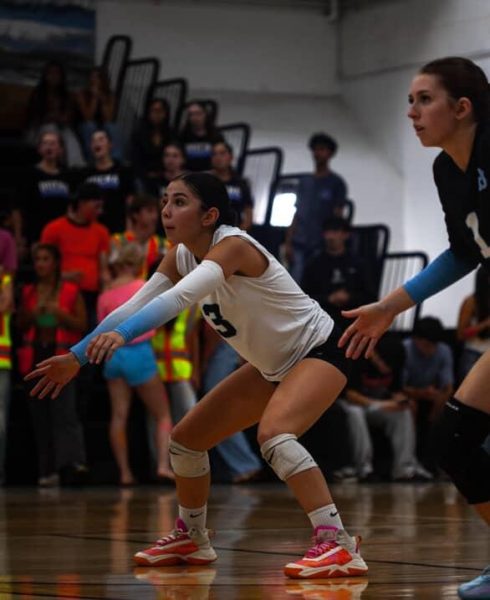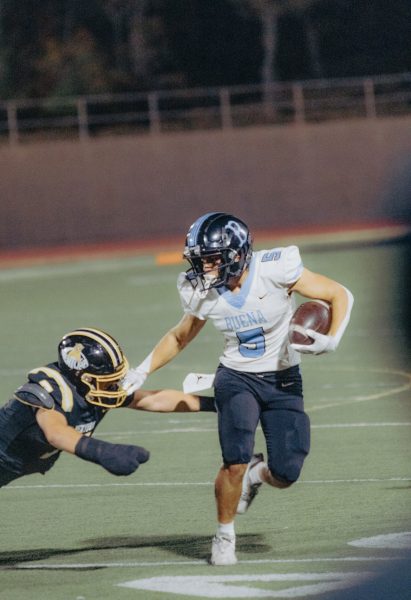Ventura Unified School District blocks the Chromebook Web Store due to Federal Law; teachers and students see the effects
Earlier this week Gregory Bayless, the Executive Director of Educational Services, made the decision to close the Chromebook Web Store (CWS), fulfilling the district’s legal obligation to the federal law.
Technical difficulties crashed into Ventura Unified School District earlier this week when Gregory Bayless, Executive Director of Educational Services, made the decision to close the Chromebook Web Store (CWS), fulfilling the district’s legal obligation to the federal law. Before coming to this decision, Baylees consulted with the district administration and technology services personnel. Bayless also oversees both the district’s technology service department and secondary instructional programs.
“There are two primary reasons the CWS was recently closed, both of which are related to our district’s legal obligation to conform to the federal law known as Children’s Internet Protection Act,” Bayless said in an email sent to Journalism advisers and secondary school administrators.
Baylees explains that the CIPA requires school districts that receive federal monies to have internet safety protocols which include to block and filter access to content that is inappropriate for minors and to prevent unauthorized disclosure of a minor’s personal data.
The school district is also legally required to have California Student Data Privacy Agreements (CSDPA) with any vendors, developers, application, and software that legally ensure that student data is being used appropriately.
“There are many extension developers that will sign a CSDPA with VUSD (or any district) they make money off selling (most often to third parties for purposes of data-mining and targeted marketing campaigns) to offset the costs of offering free versions of their apps,” Bayless said. “In cases where they may not be doing that, they are not sophisticated enough to meet the threshold for data security that minimizes the chance of a data breach.”
The district stance is that they have a legal and ethical responsibility to maintain a safe environment for students, which includes which websites they visit on campus.
“We believe our technology/data practices and decisions balance the tension in a reasonable and appropriate way, with this recent decision to turn off CWS and move toward curating extensions through active whitelisting as a key part of achieving that balance.” Bayless said.
Many students on campus have noticed that apps they relied on are now blocked, such as Grammarly and some teacher’s curriculum has even been stifled by the decision.
English 11 and 12 teacher Kailynn Taylor’s Senior class was supposed to make their own podcasts. They were a week in and students had already decided their podcasts and topics. The day came where Taylor was going to teach her students how to use a website when Taylor and her students realized it was blocked.
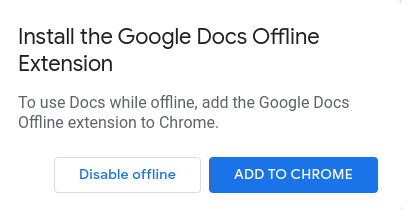
“I reached out to Mrs. Perez. She reached out to the district and I asked her, is this going to be a one day issue or a week issue?,” Taylor said. “She told me this could be [a] several months issue.”
Having to stop everything they were doing, Taylor and her class moved onto reading Brave New World by Aldous Huxley.
“I did not think there would be enough time for me to figure out a workaround within a day because if the Google add-on was gone, it was not like I could just find a new program,” Taylor said.
Students did however recommend a solution of looking for a free app on their phones but Taylor knew that just because it may look like everyone had a smartphone, not everyone does, which would just create an added problem.
“I was so sad,” Taylor said. “I was also a little confused because I have used it for four years in the past.”
Your donation will support the student journalists of Buena High School. Your contribution will allow us to purchase equipment and cover our annual website hosting costs.
Kimberly Solis is a first year student journalist and the News Section editor. During quarantine, Kimberly passed her time watching her beloved Dodger...

